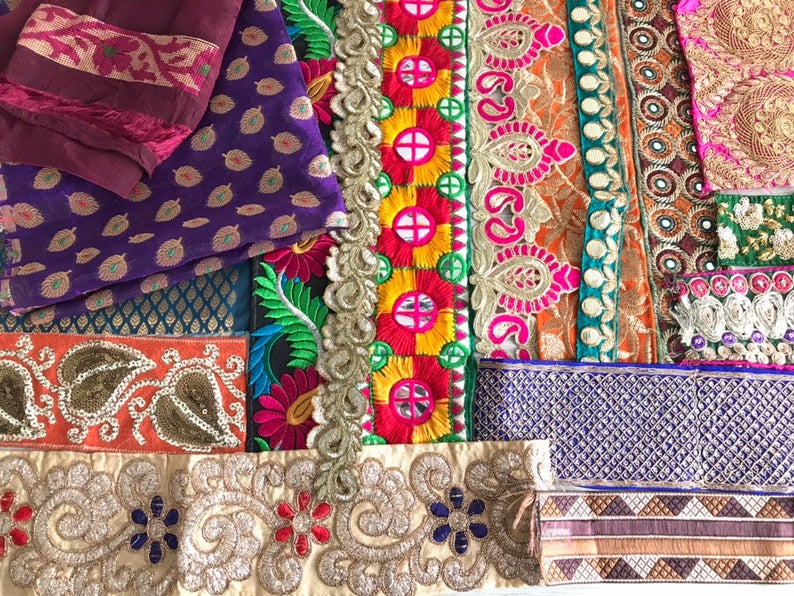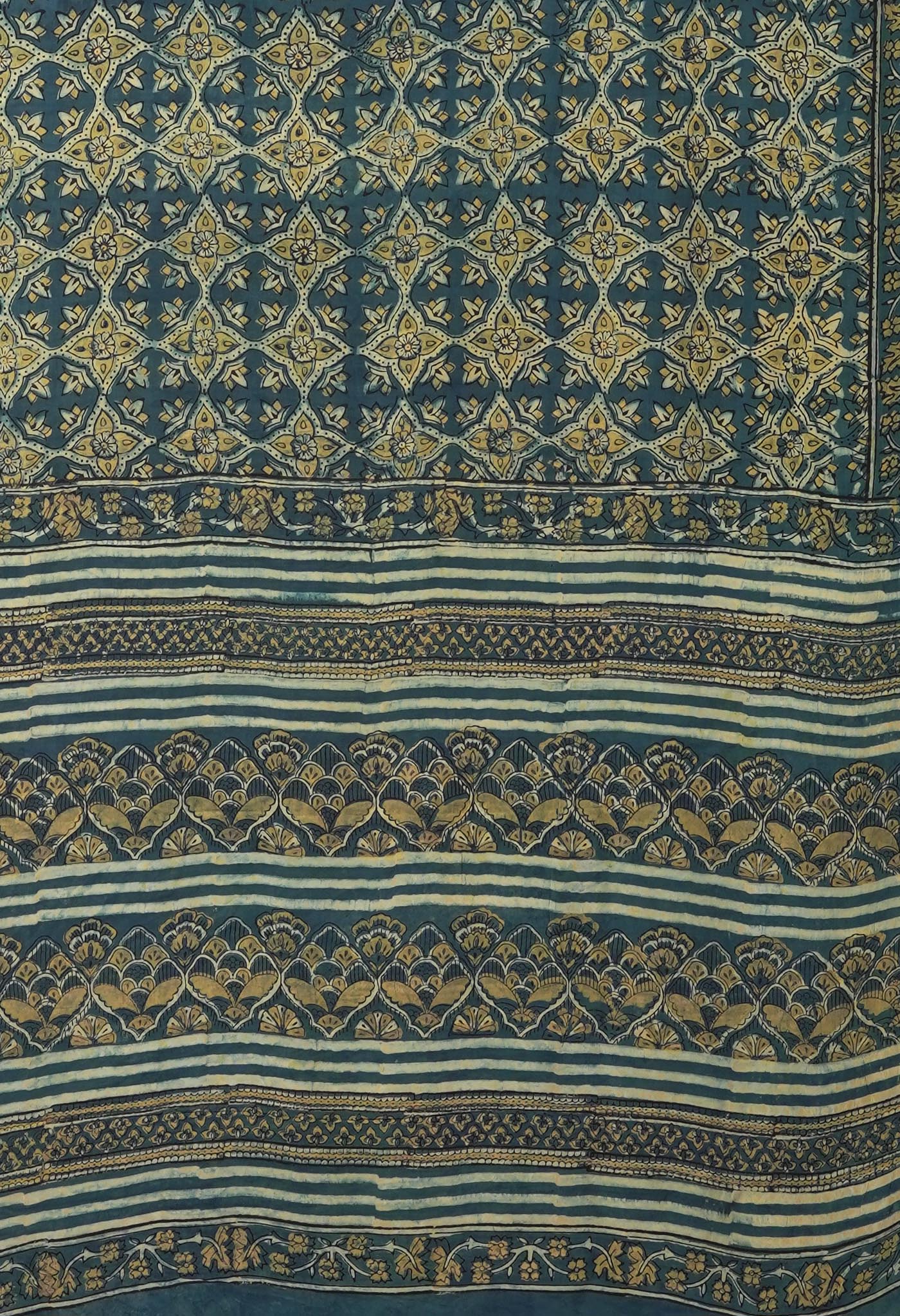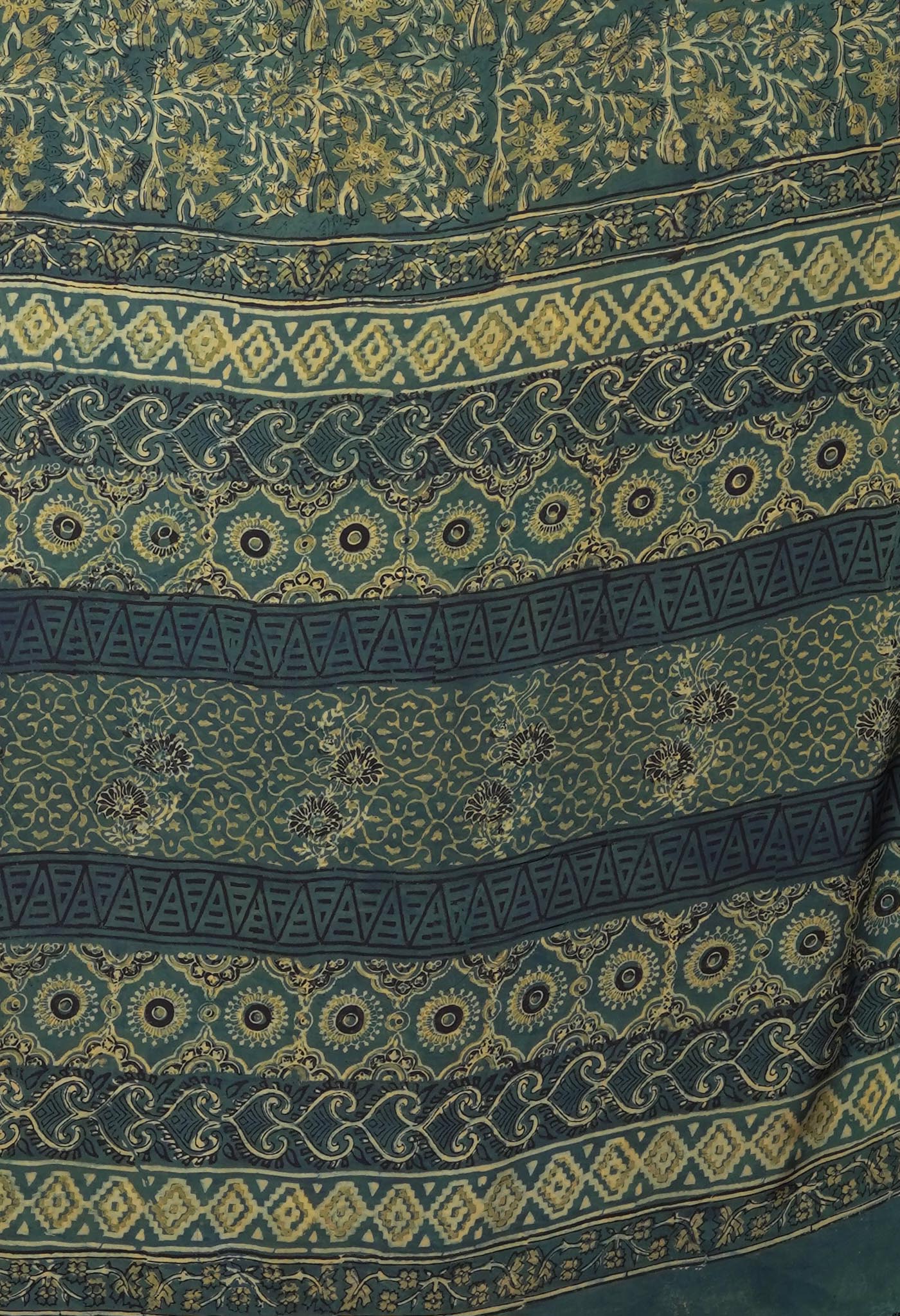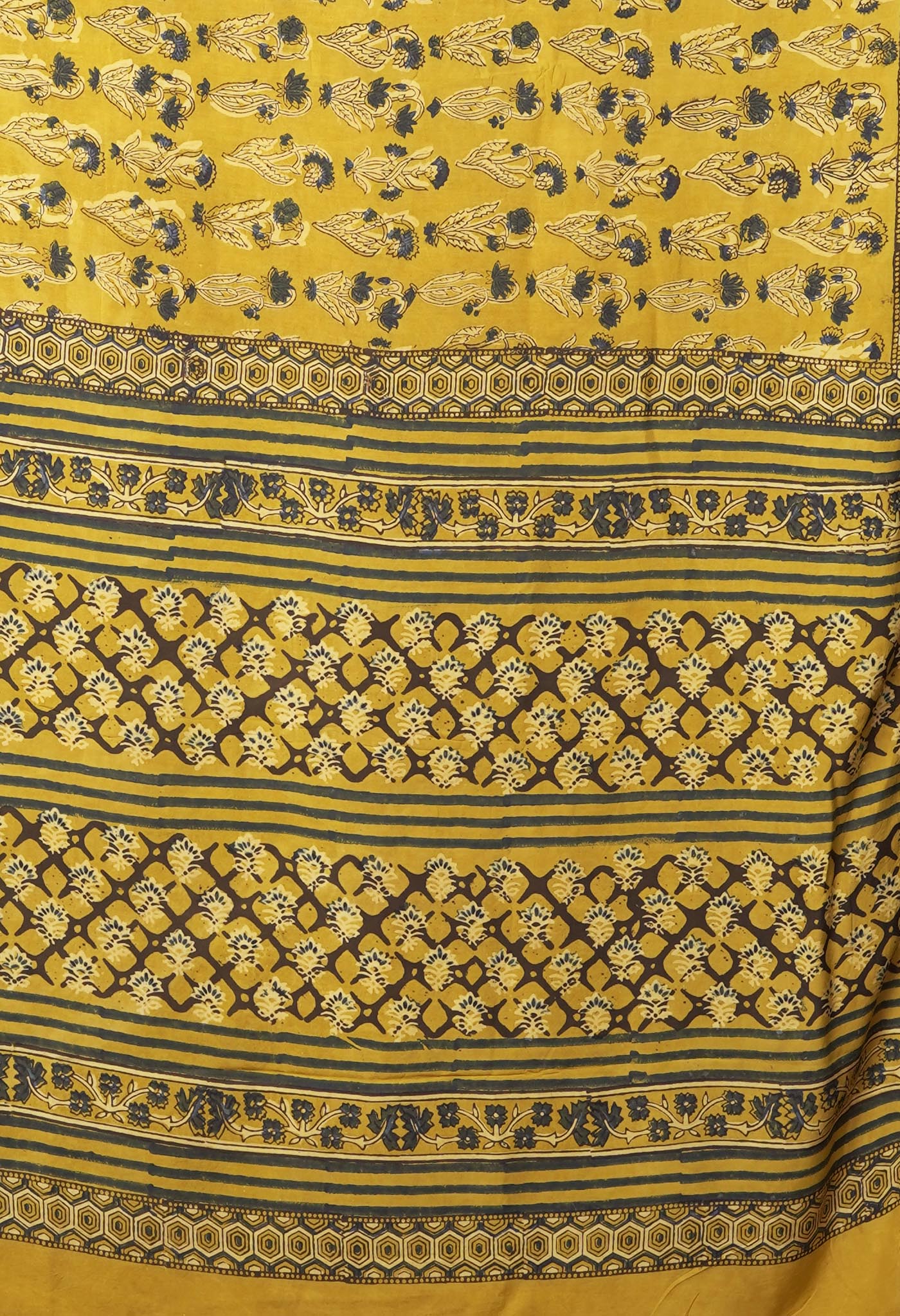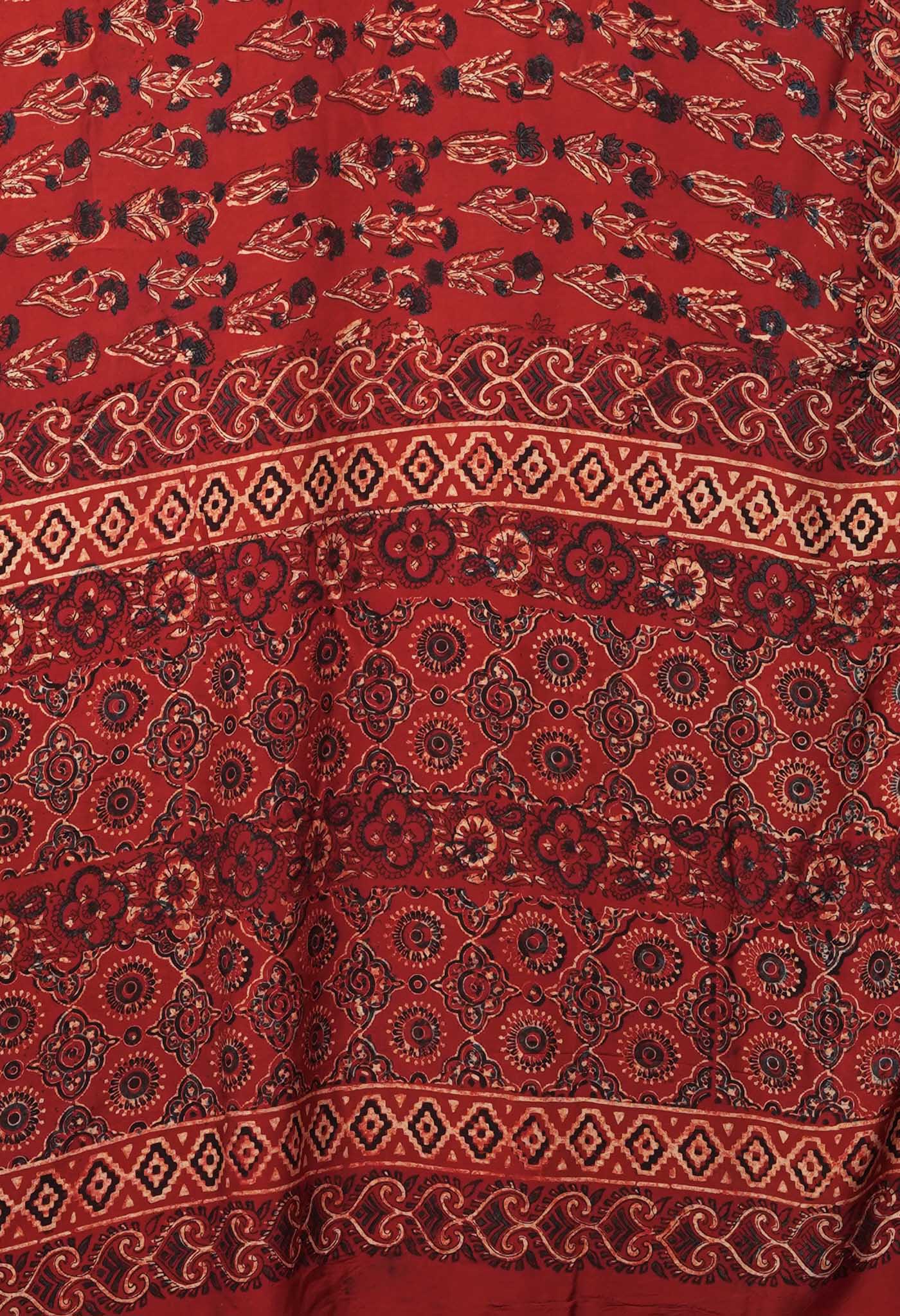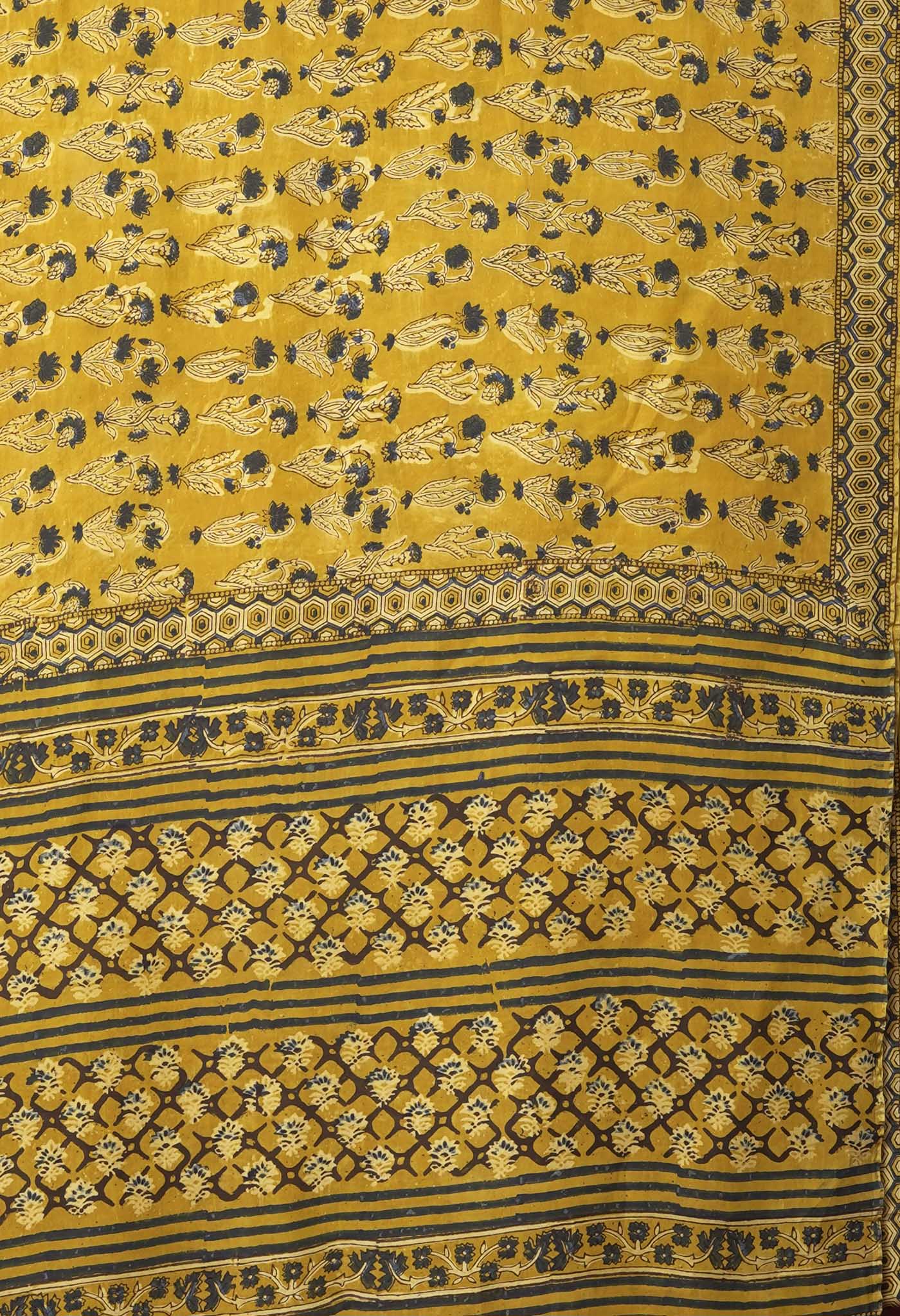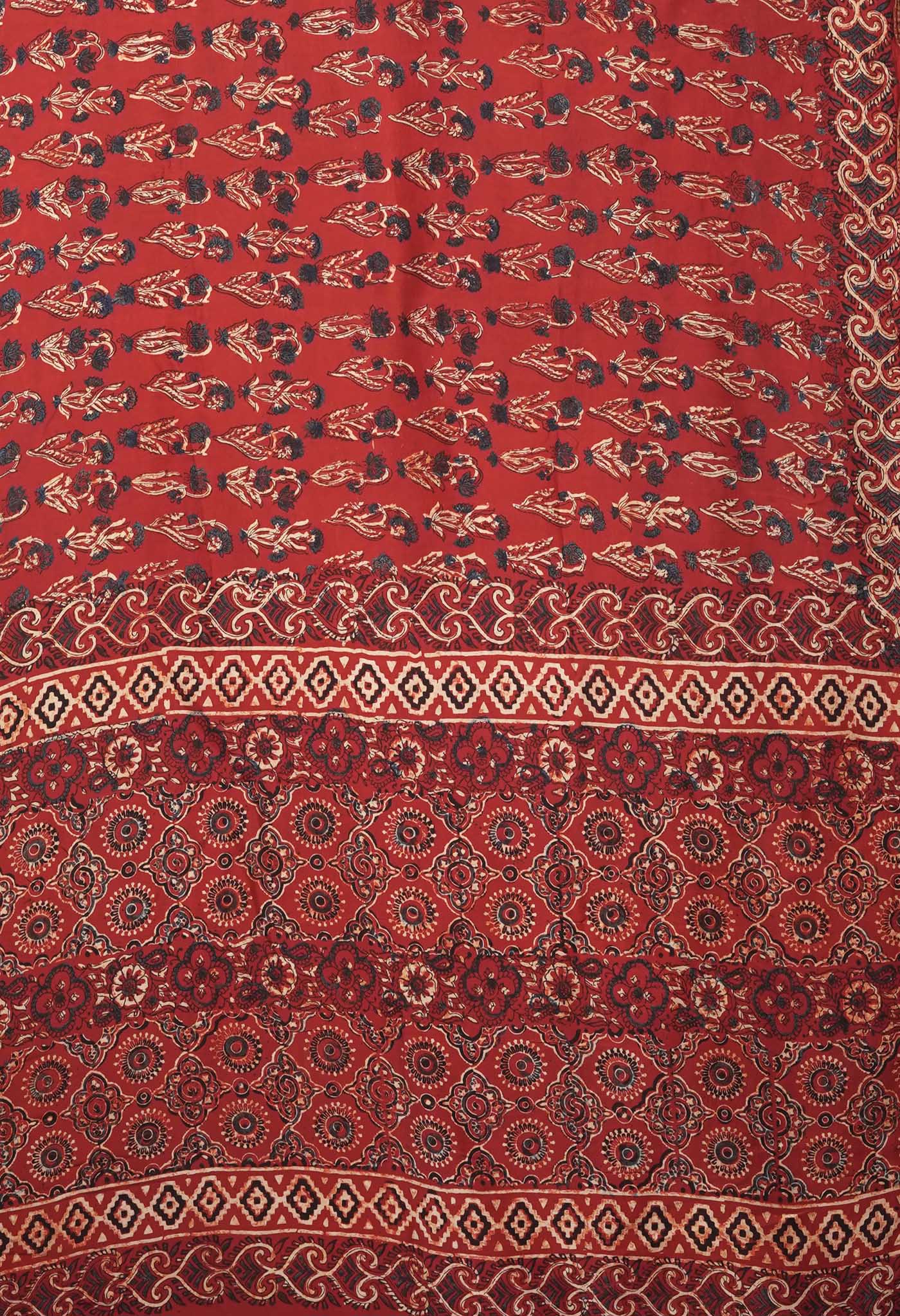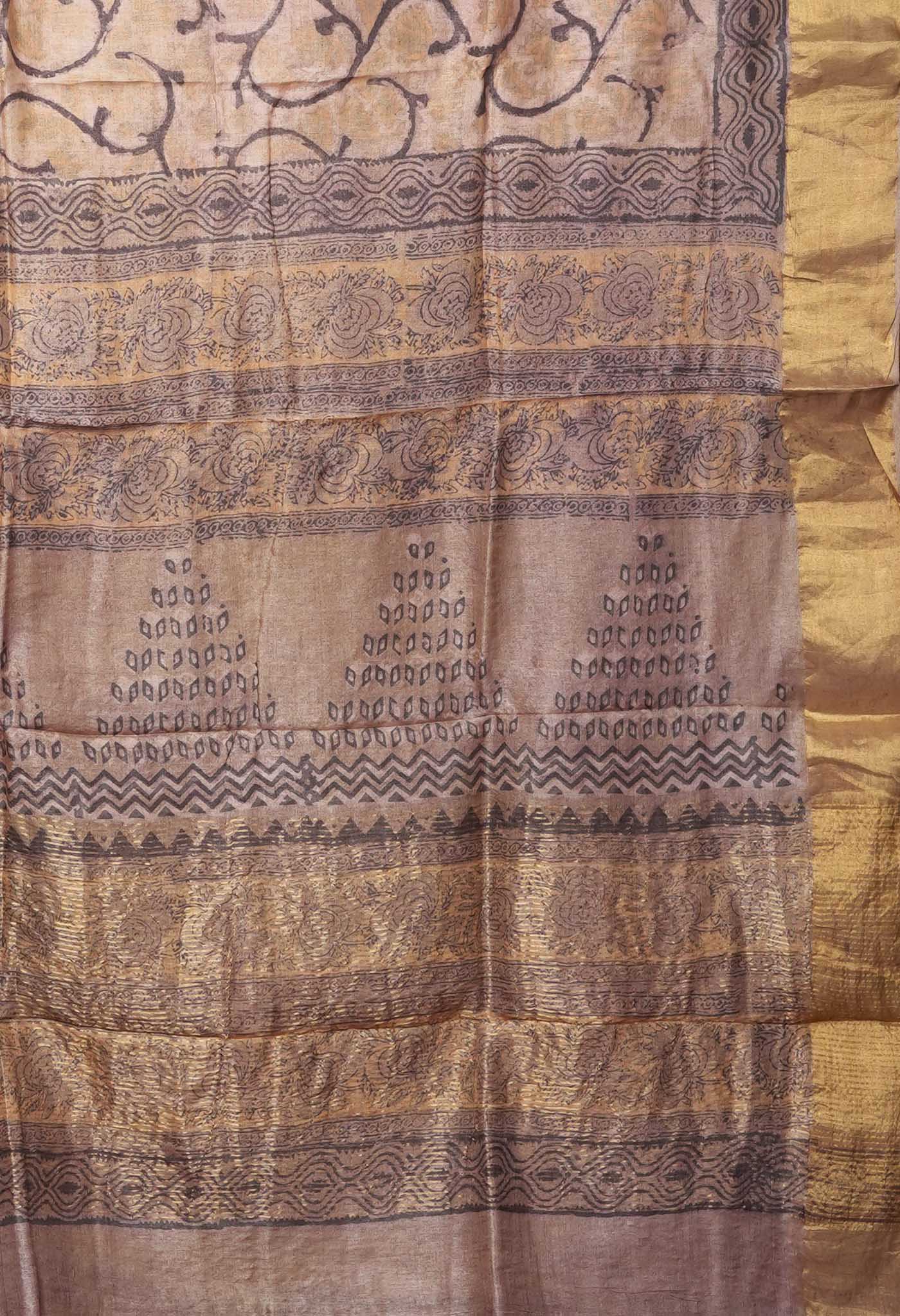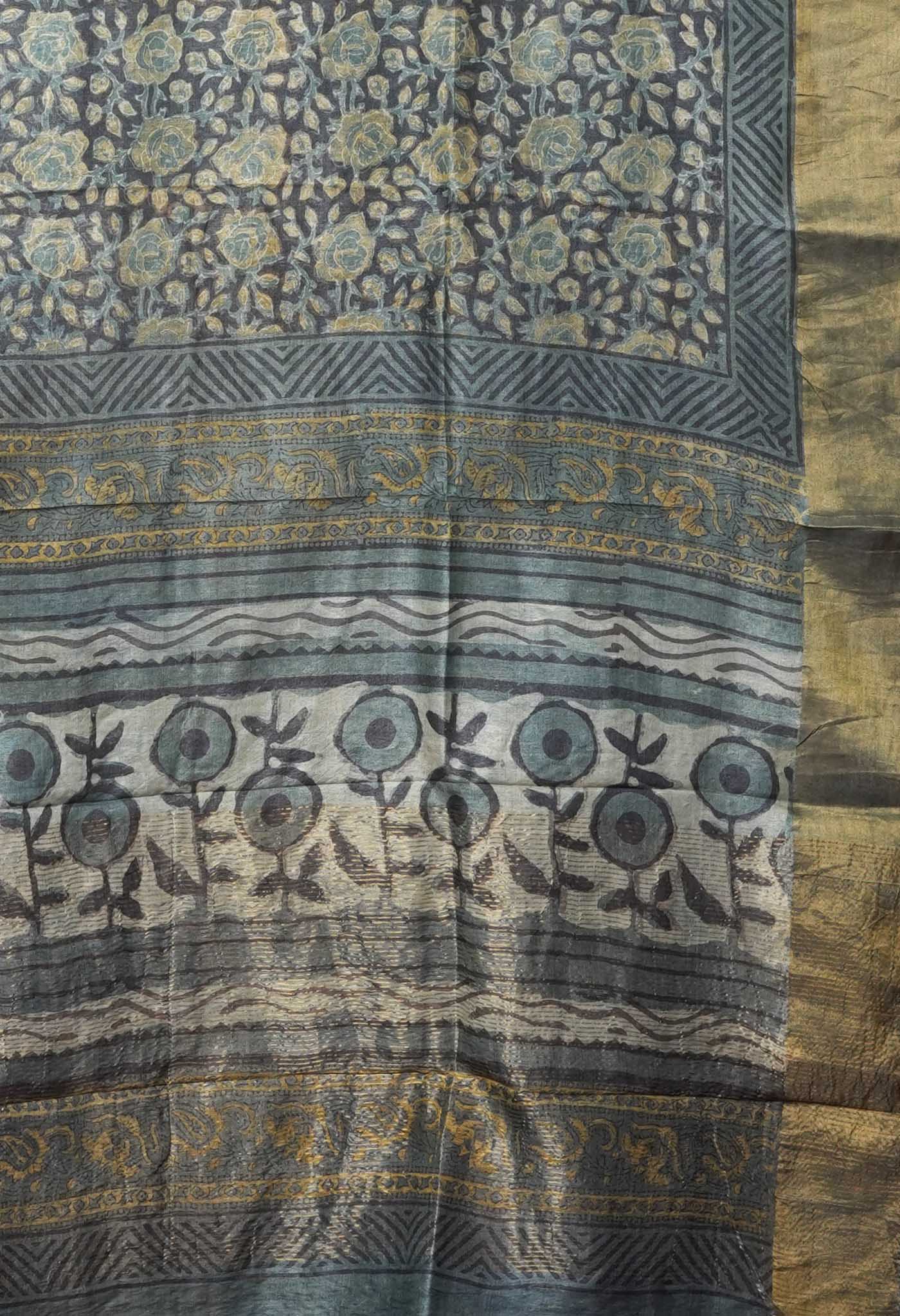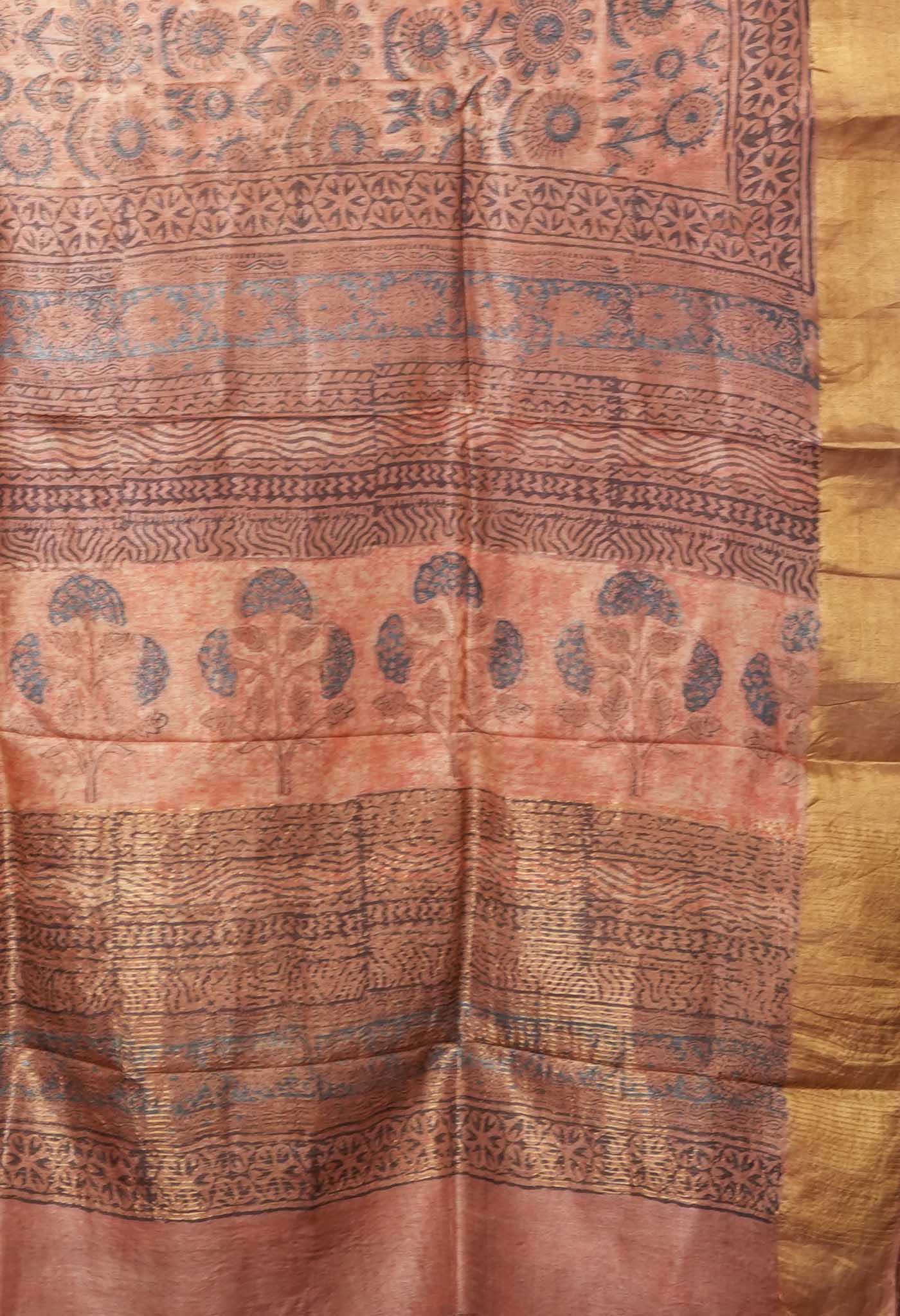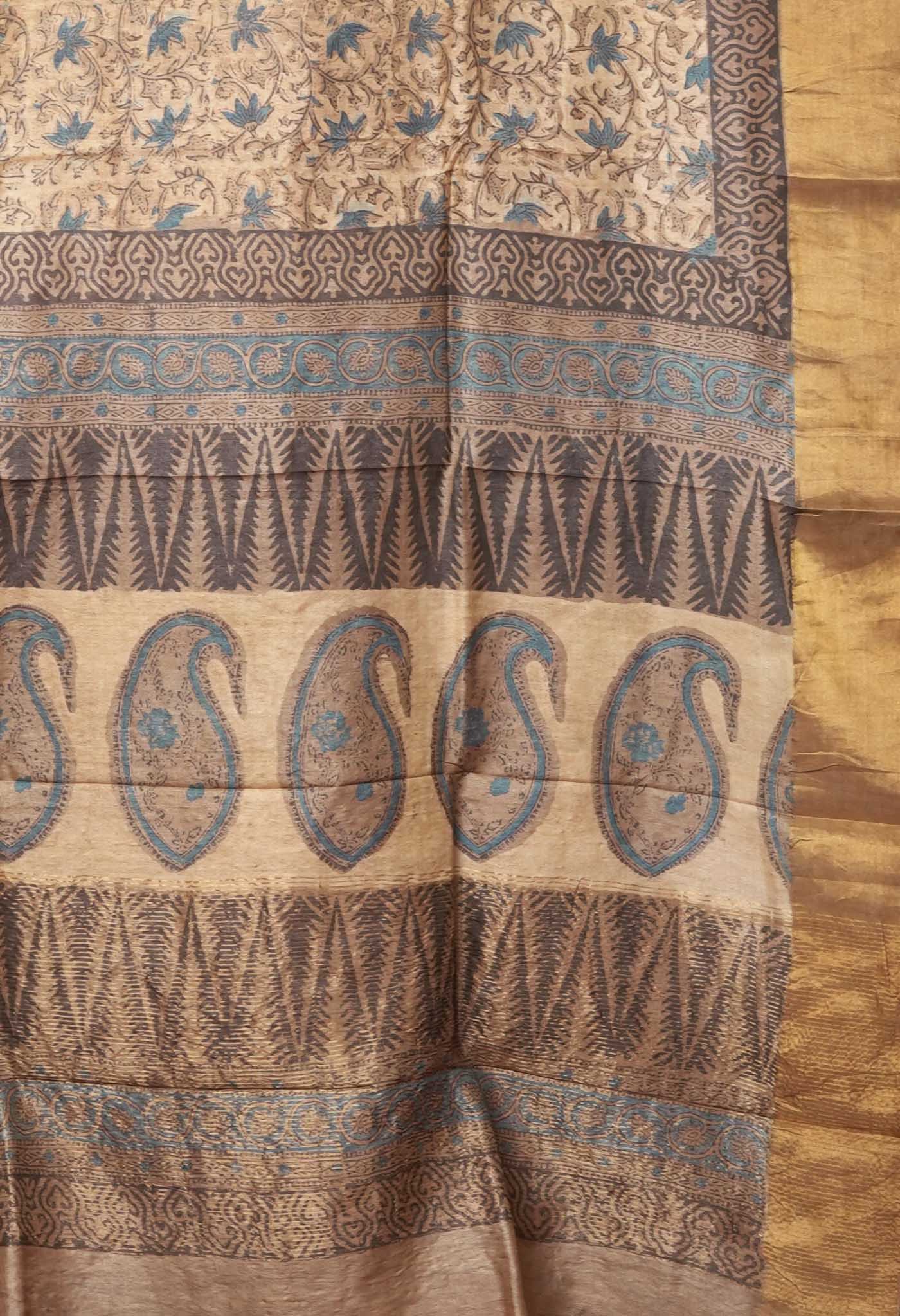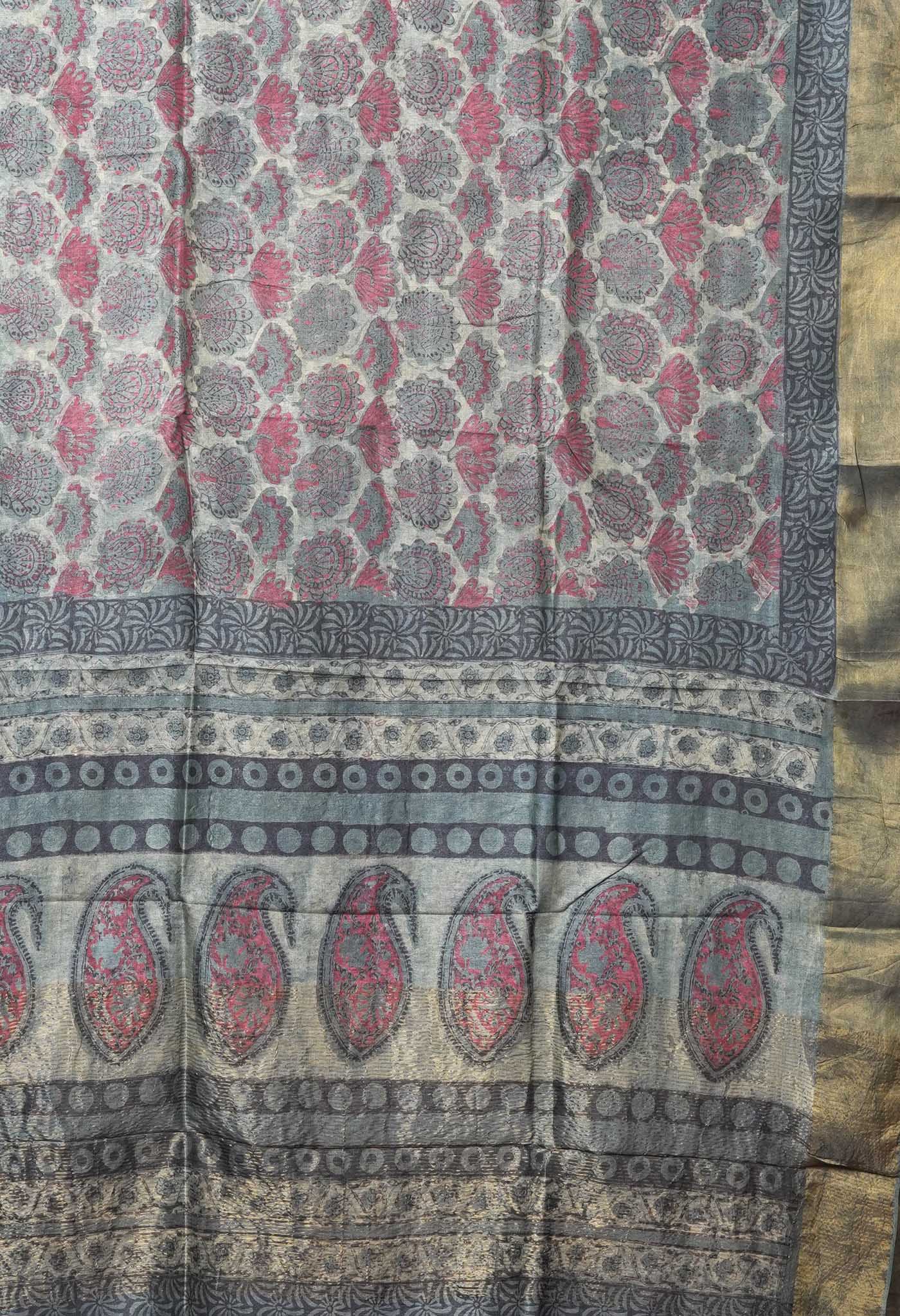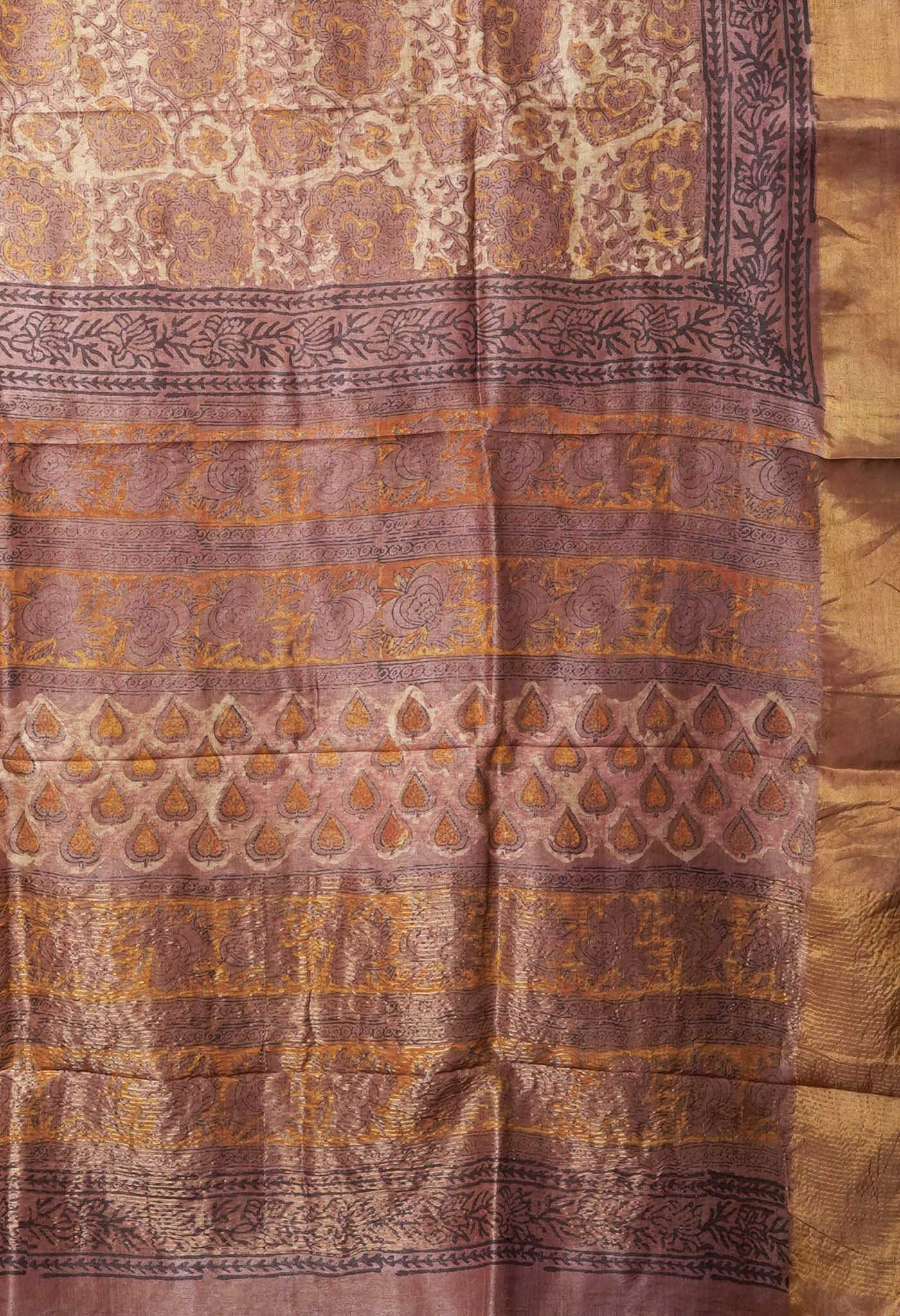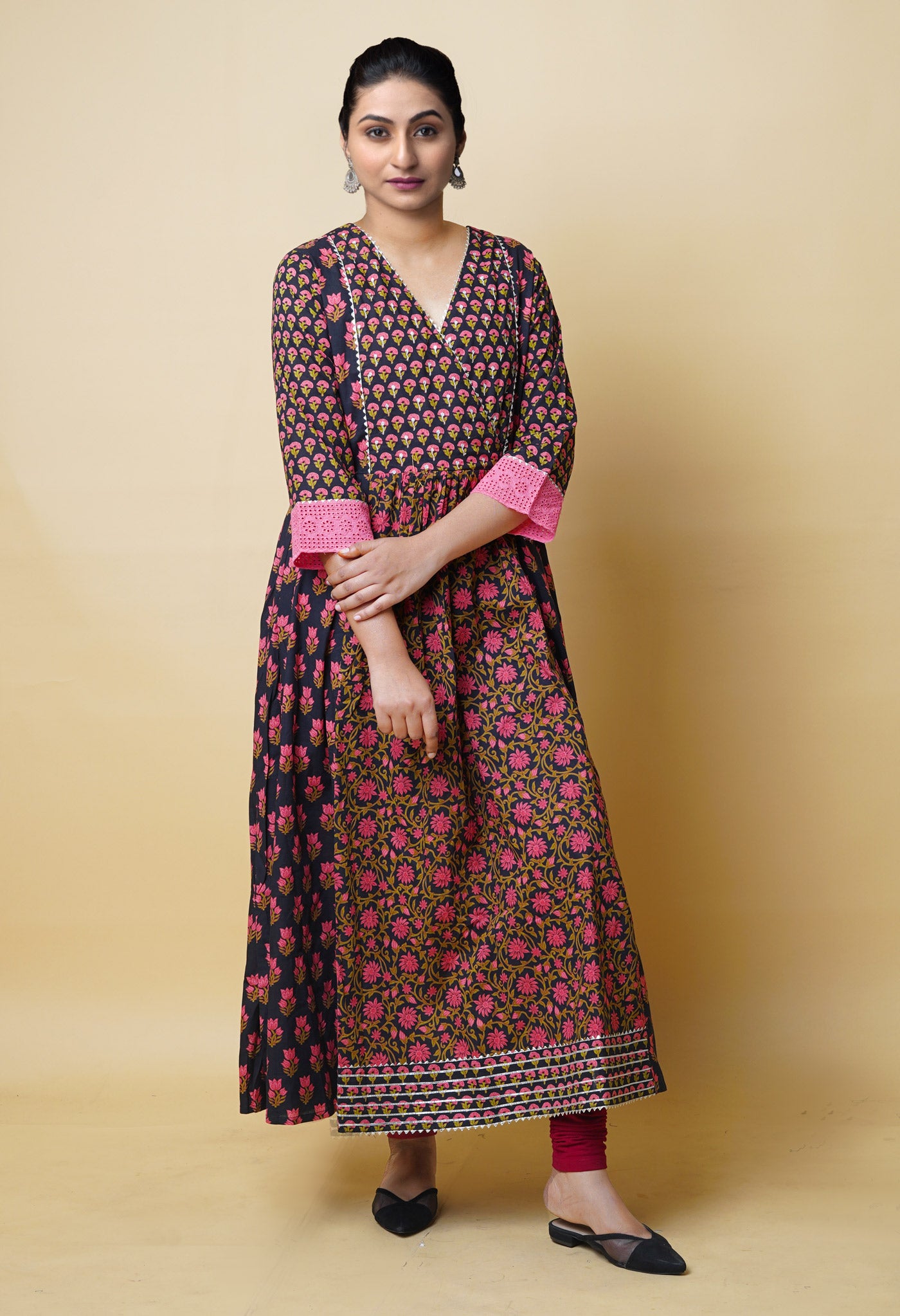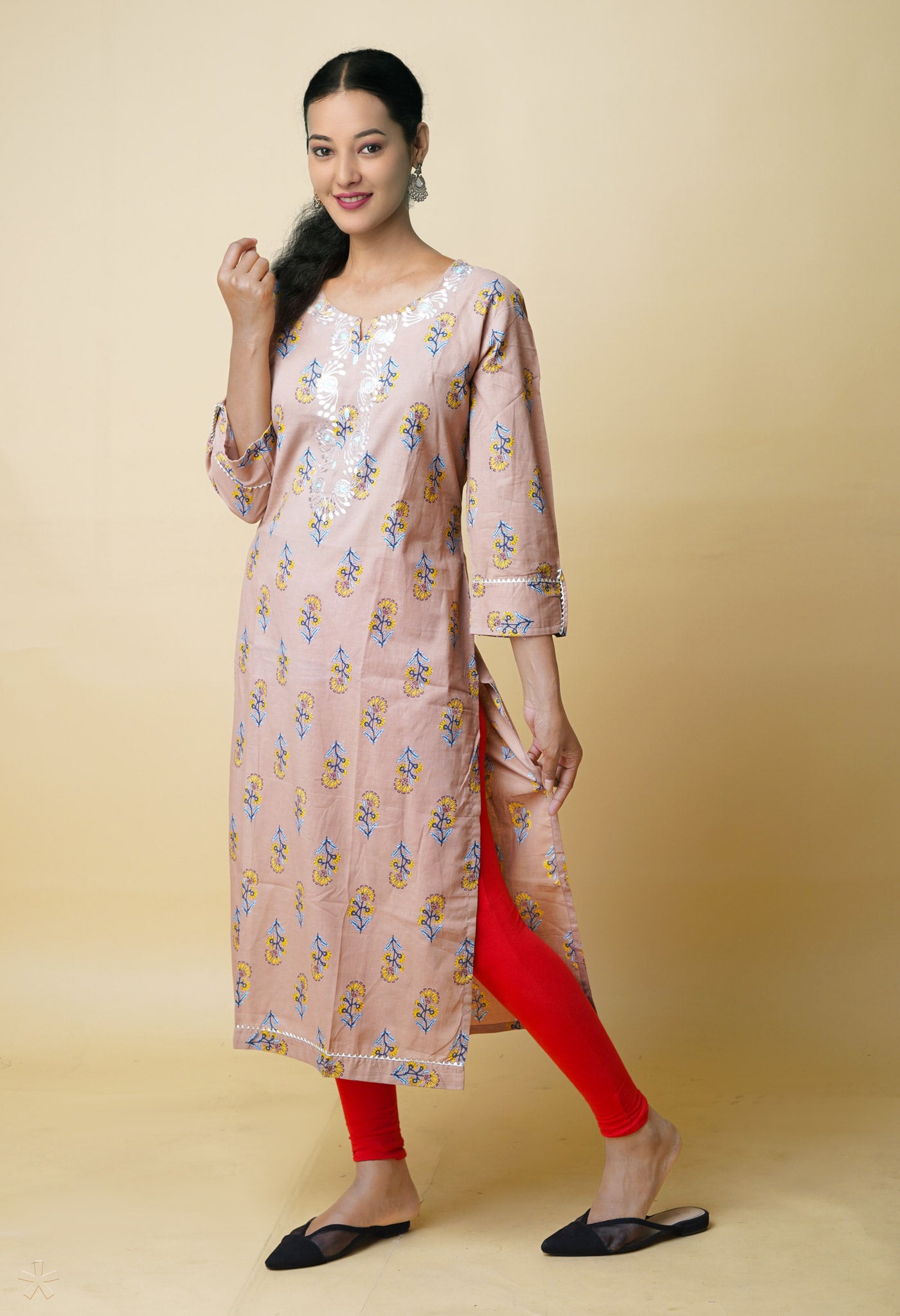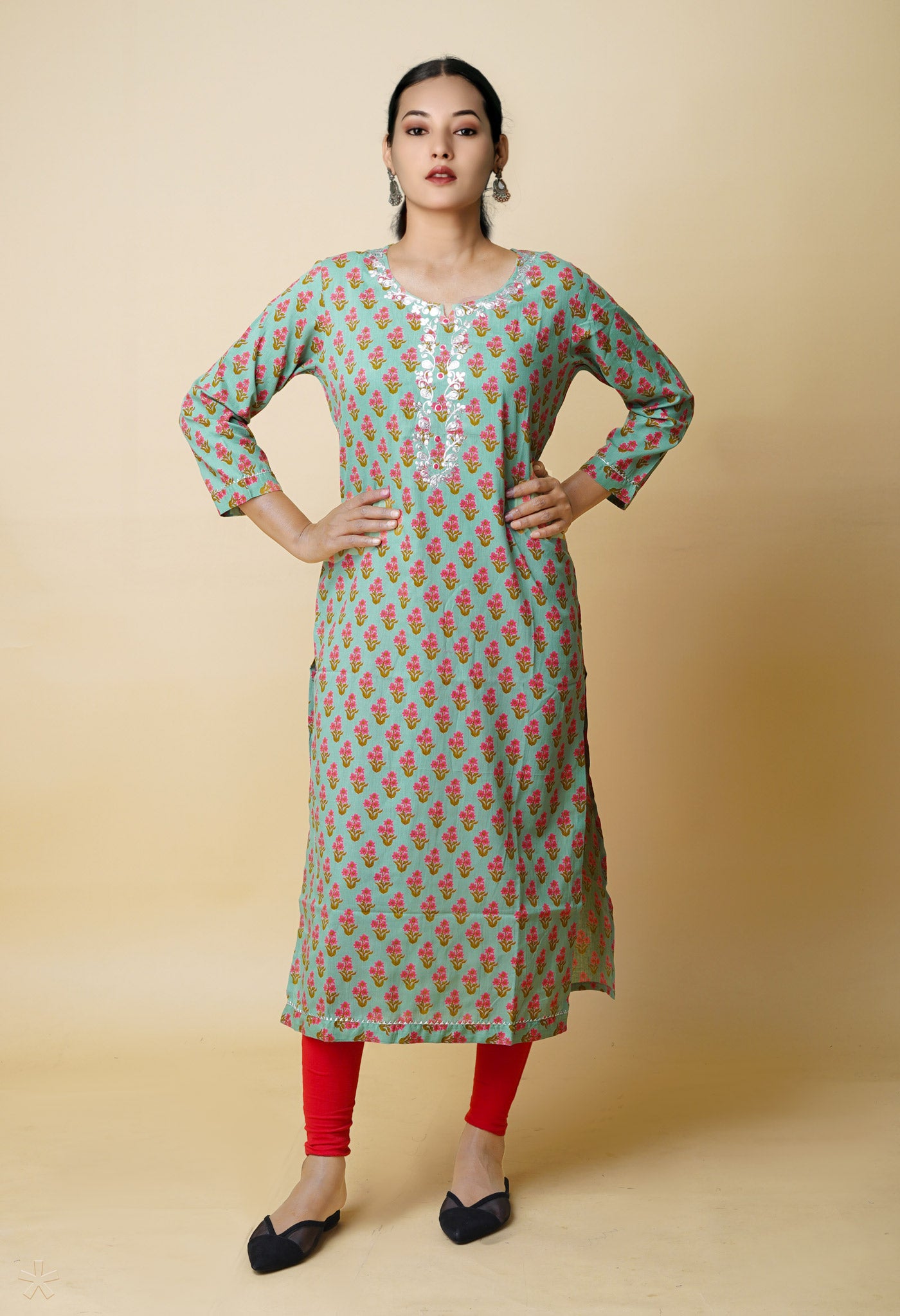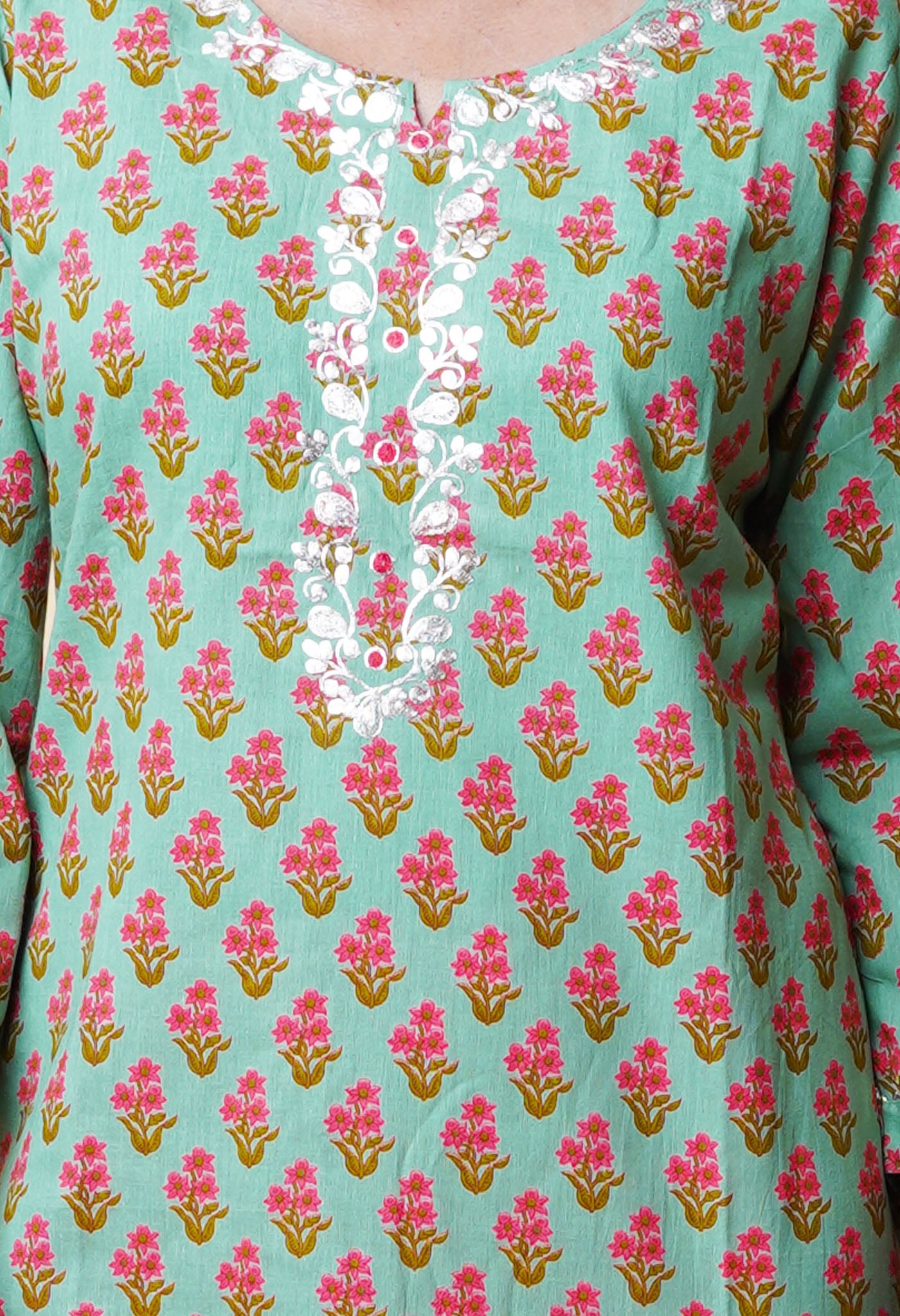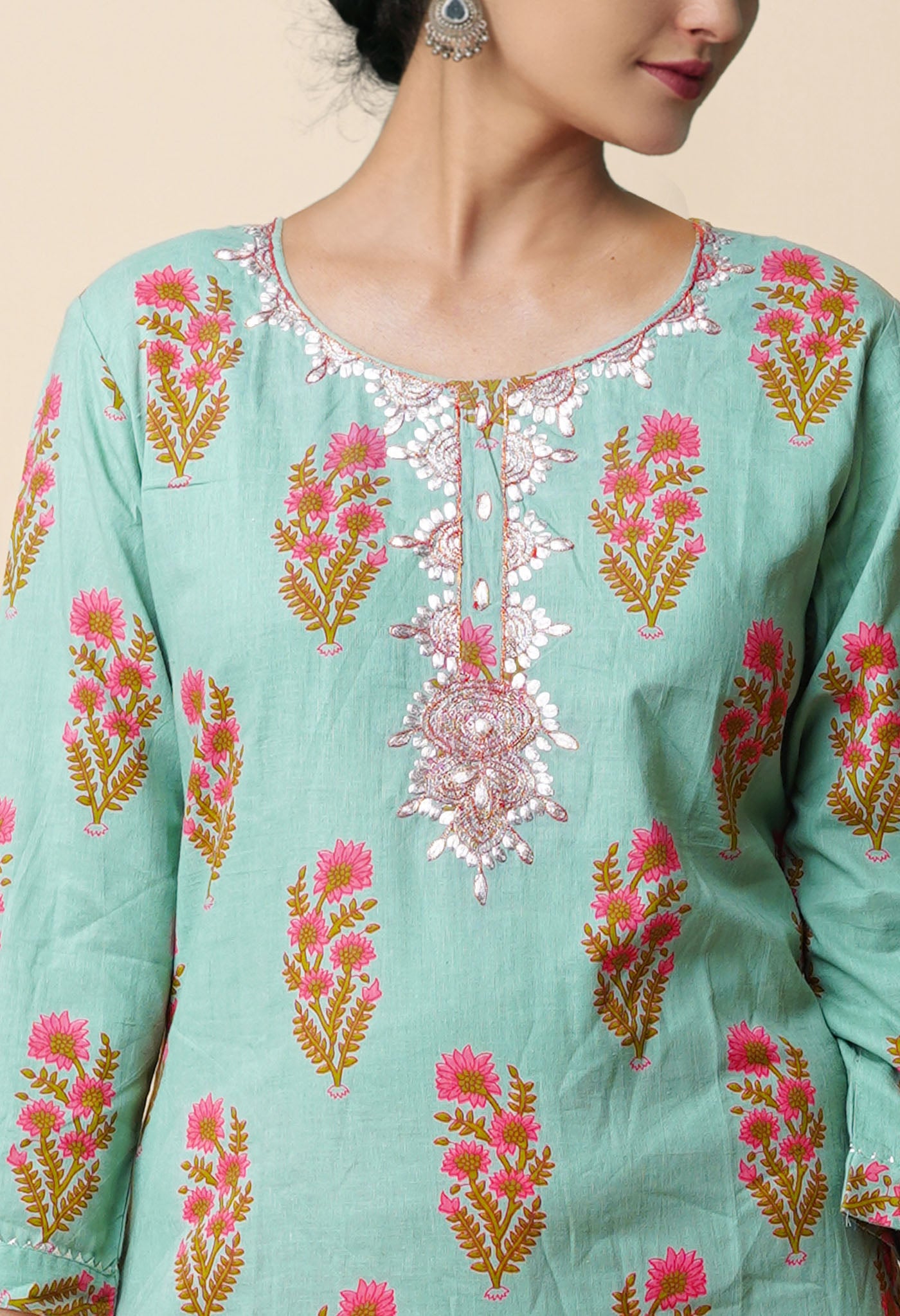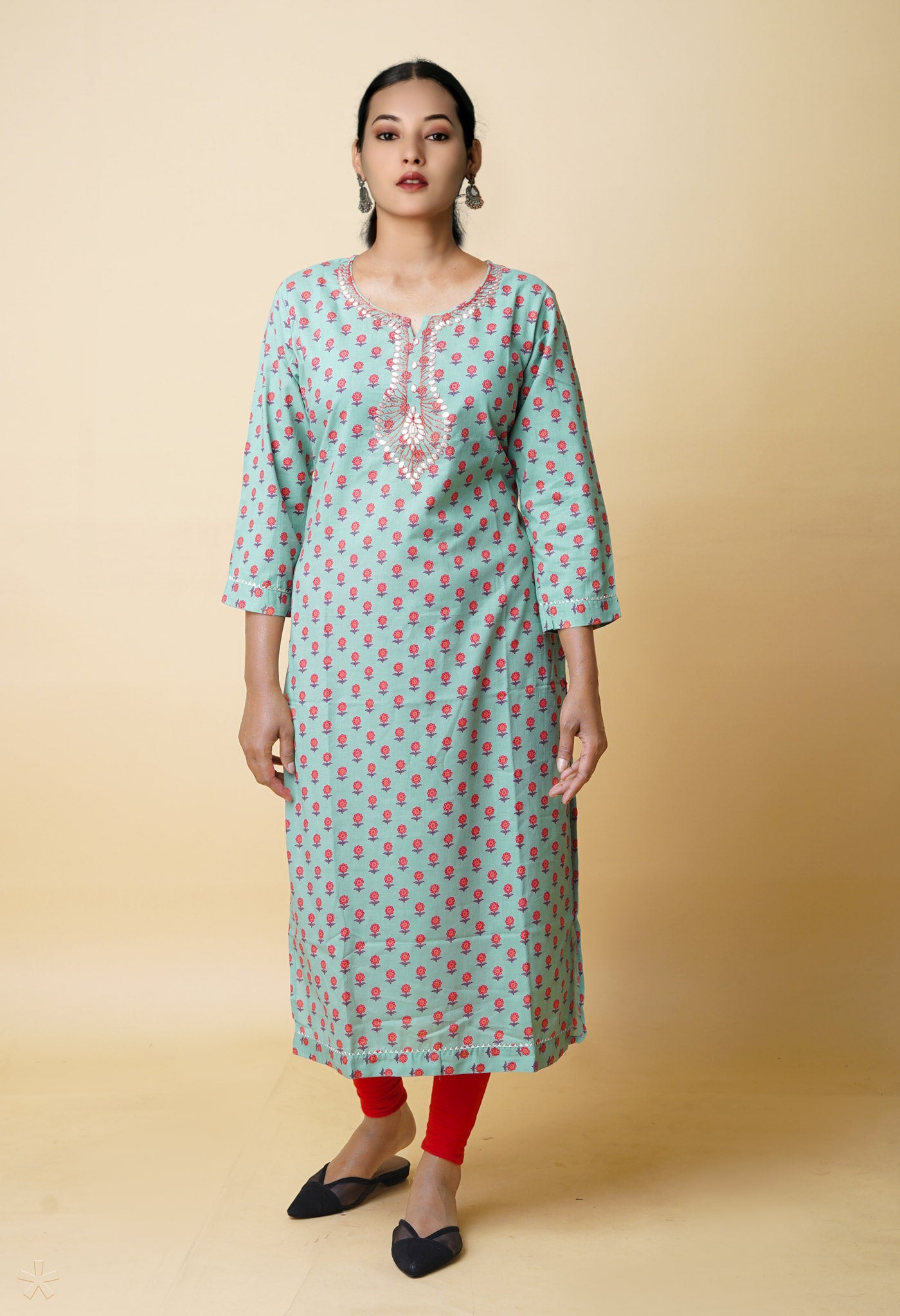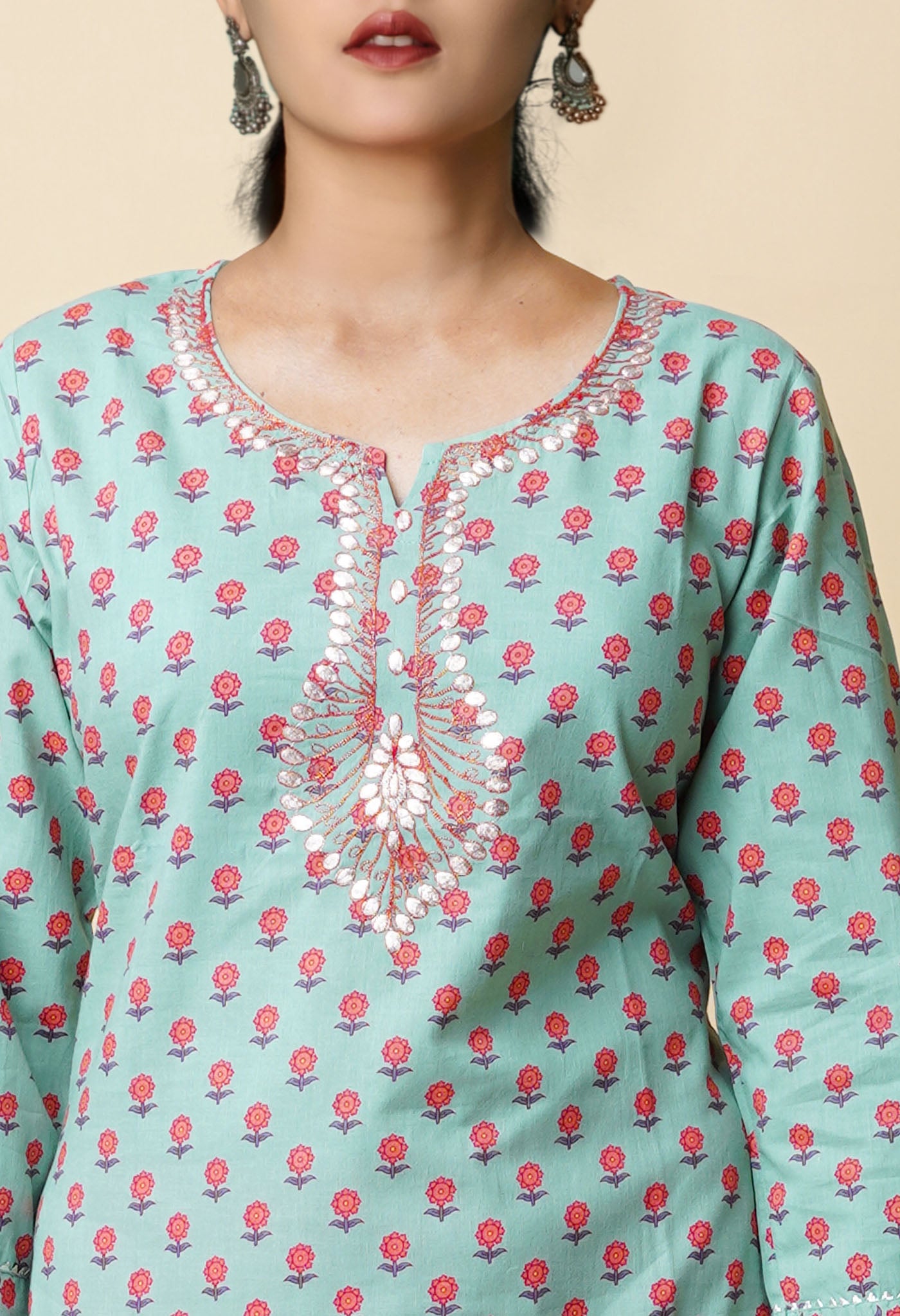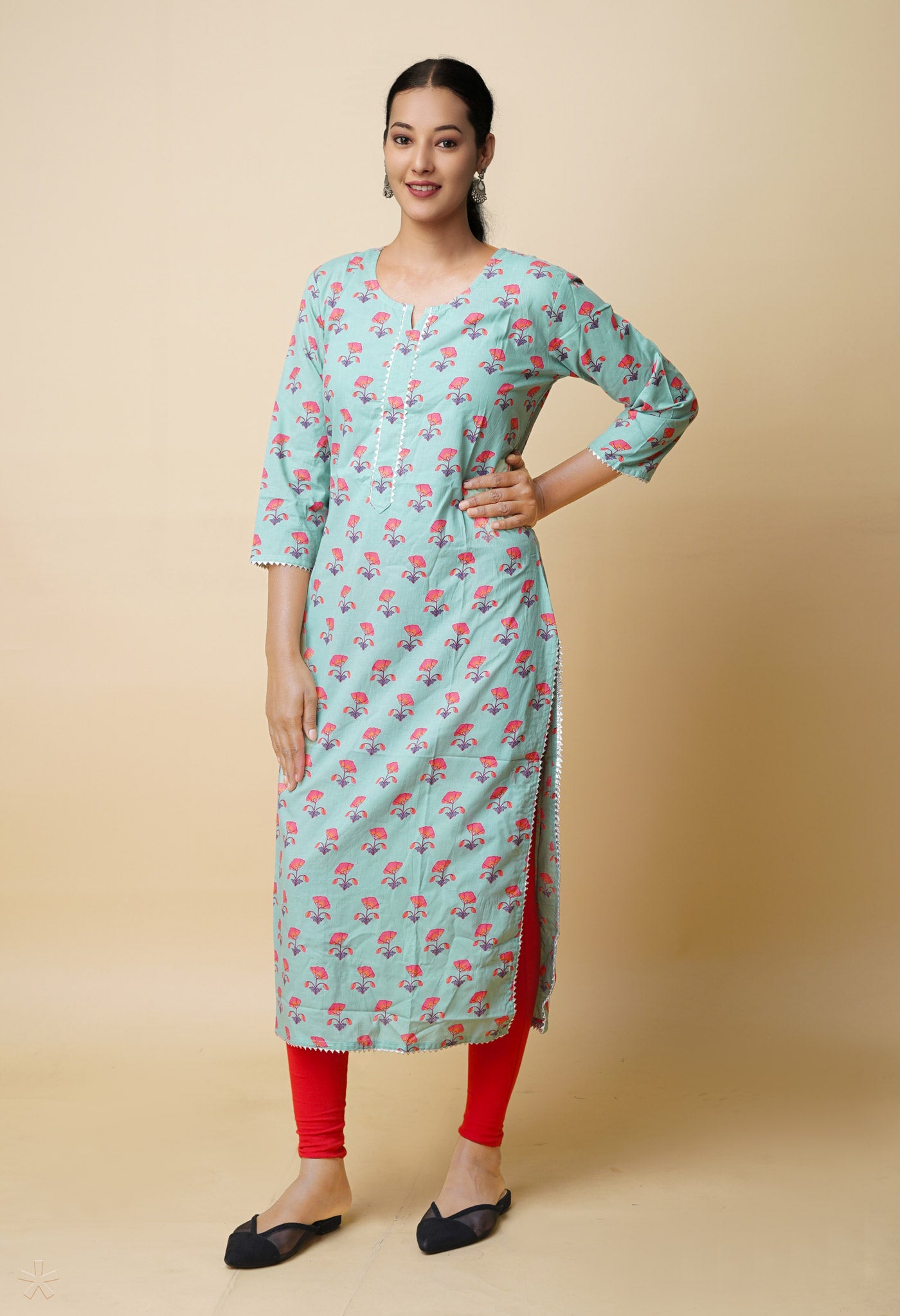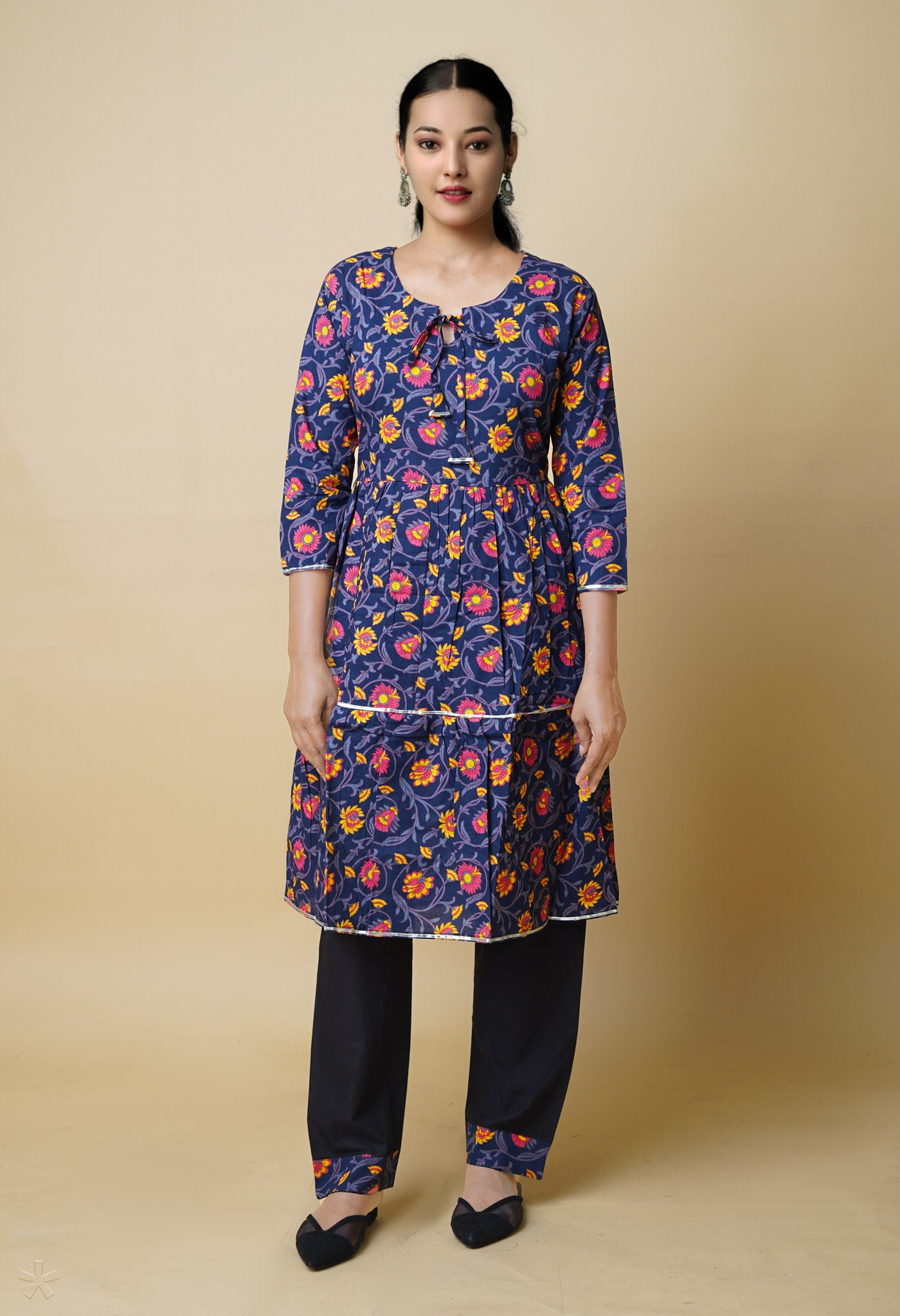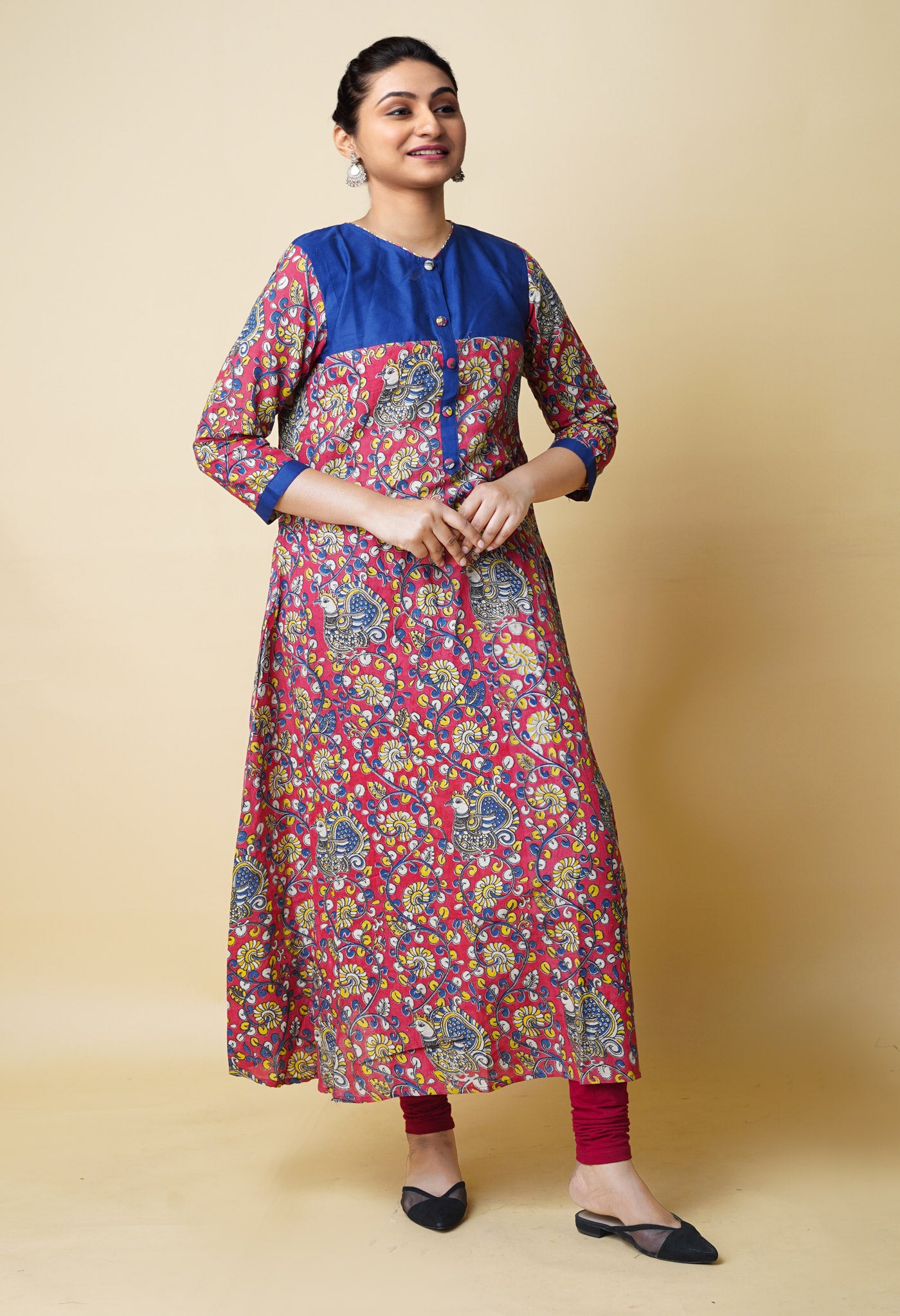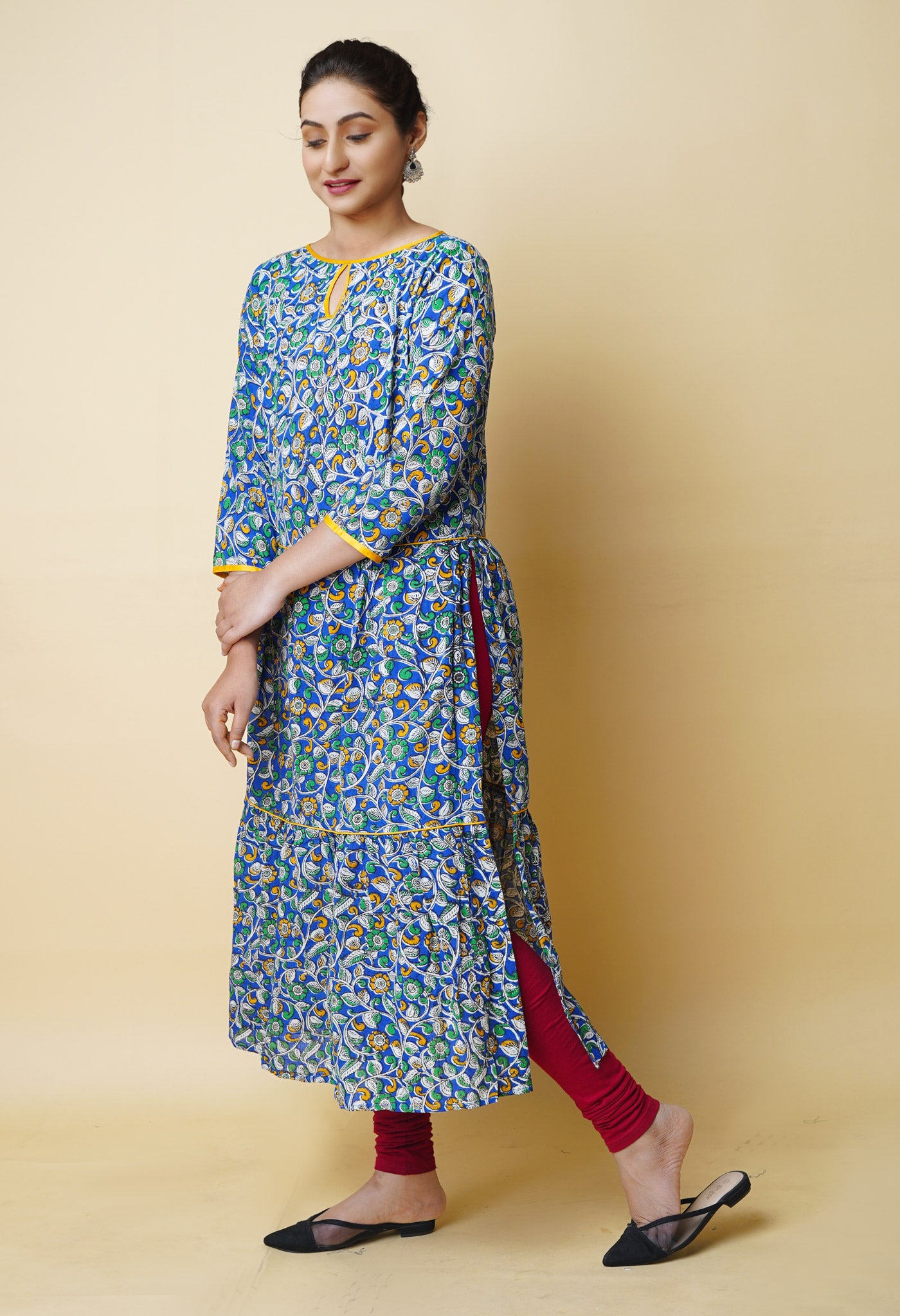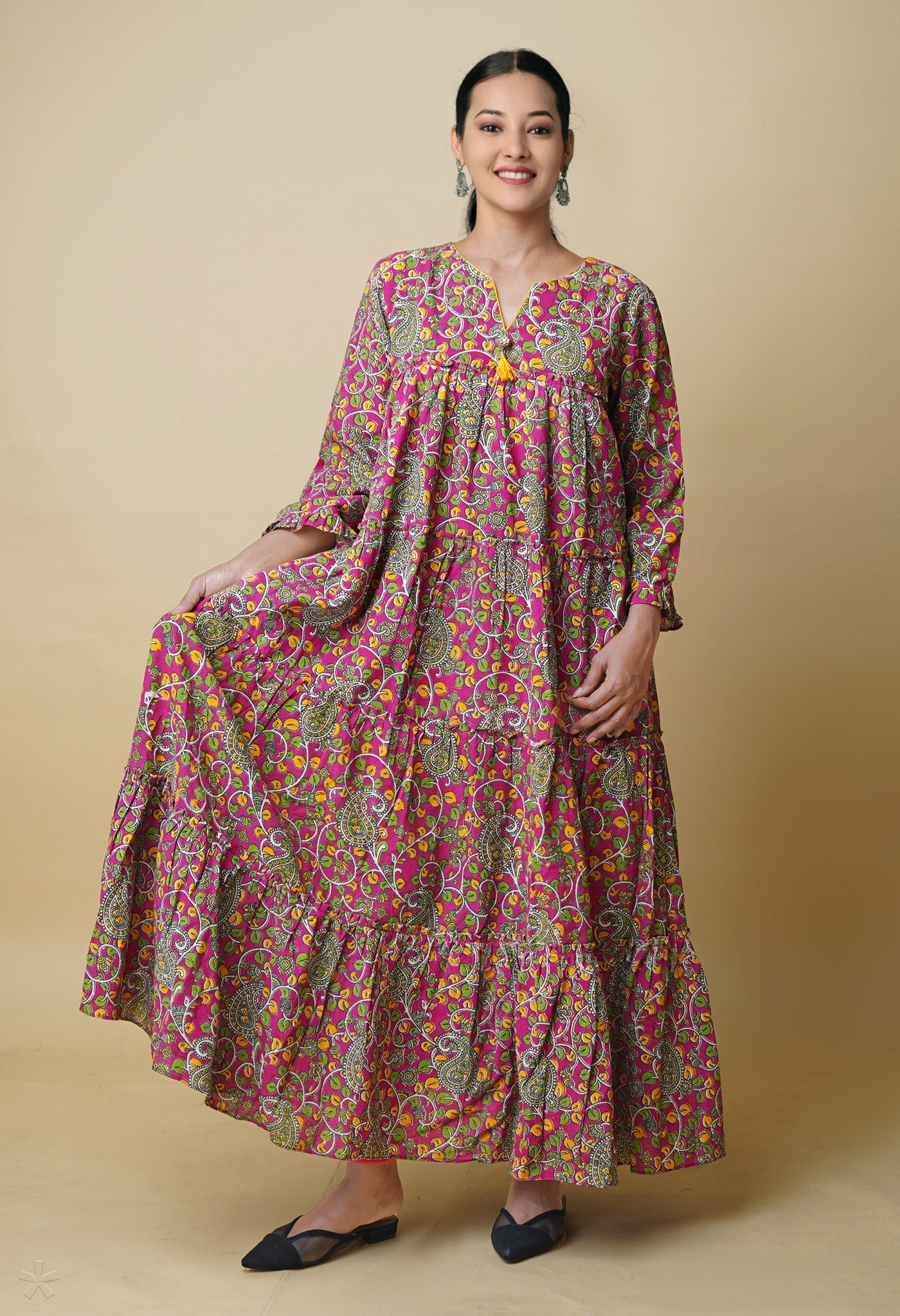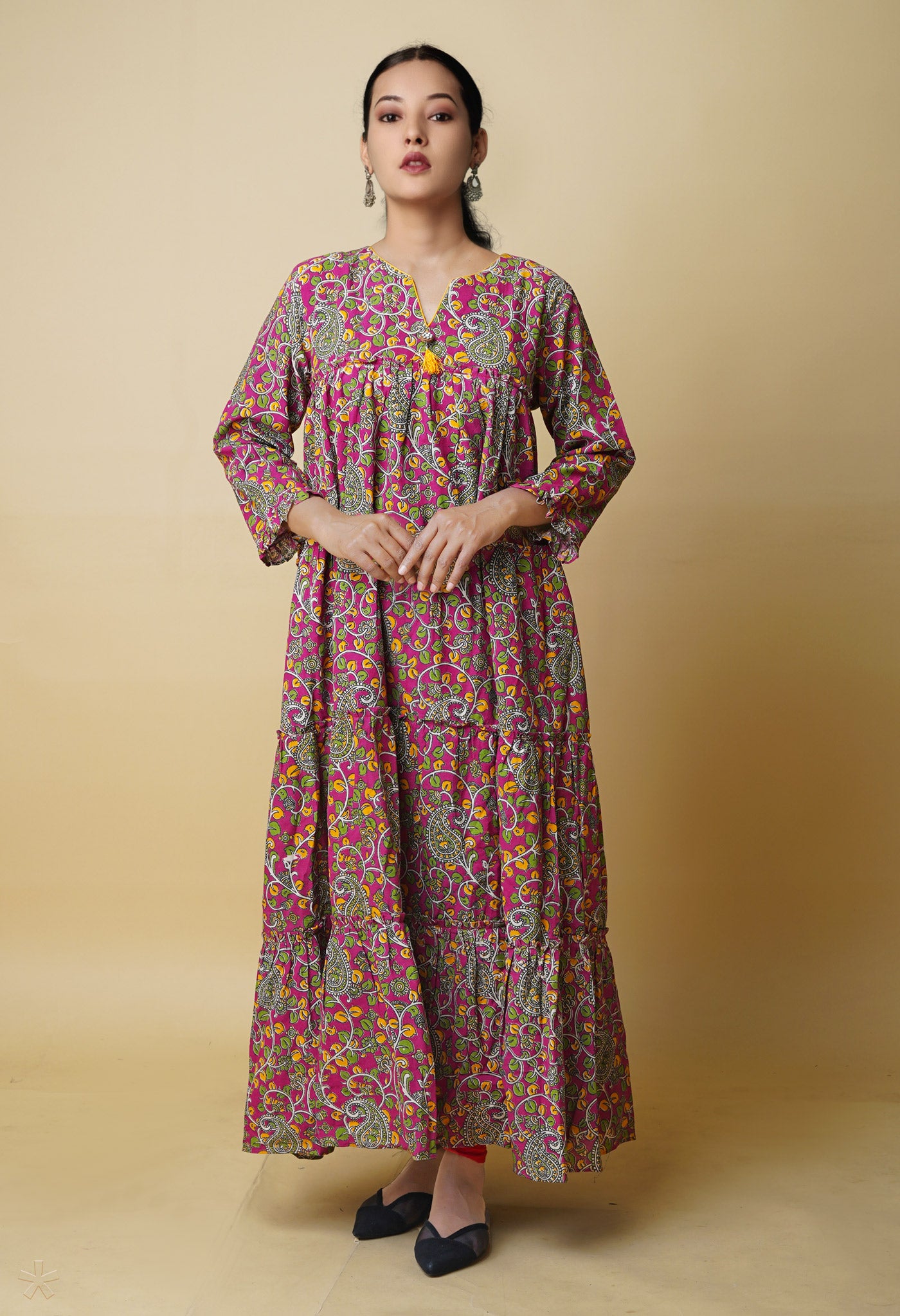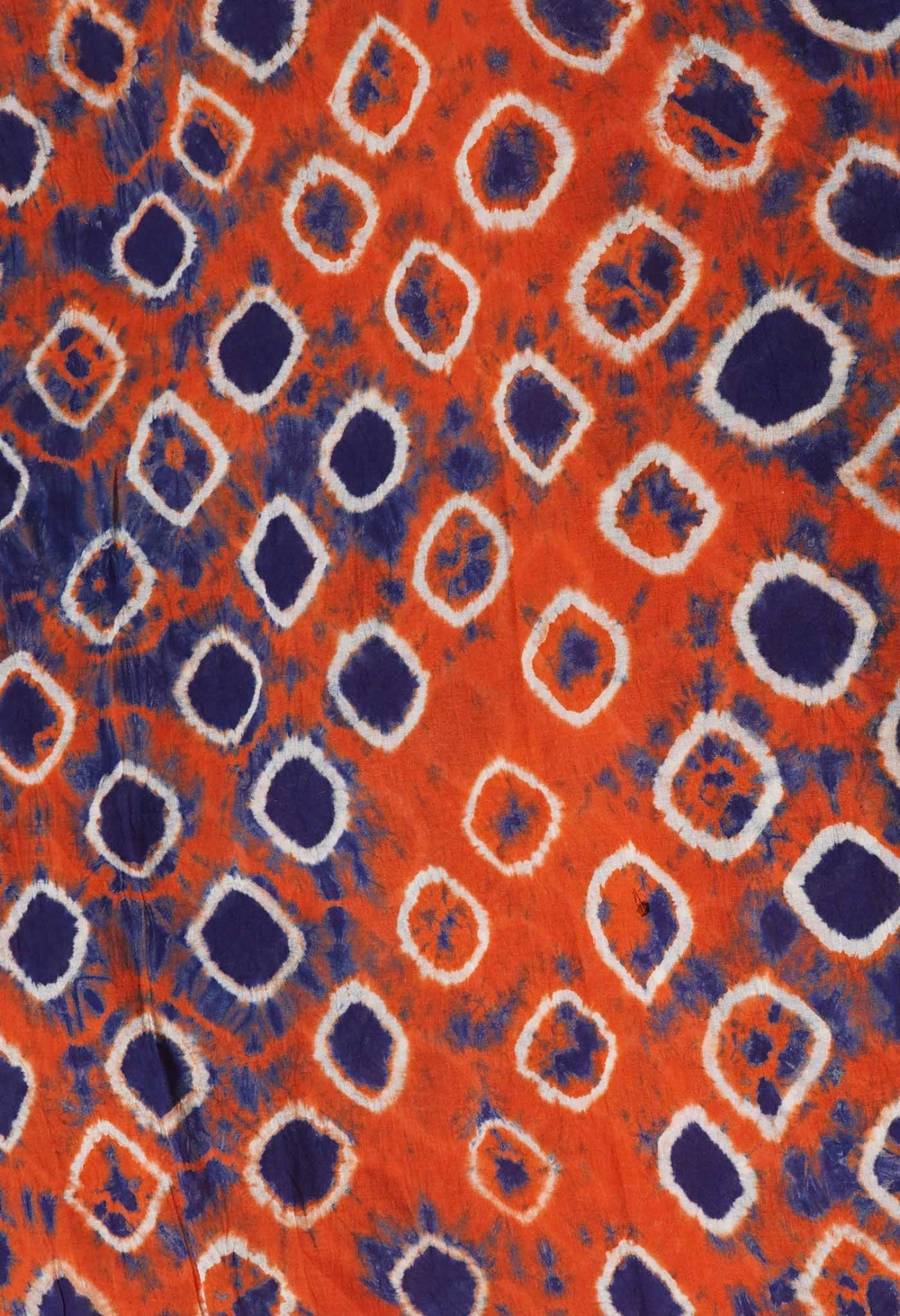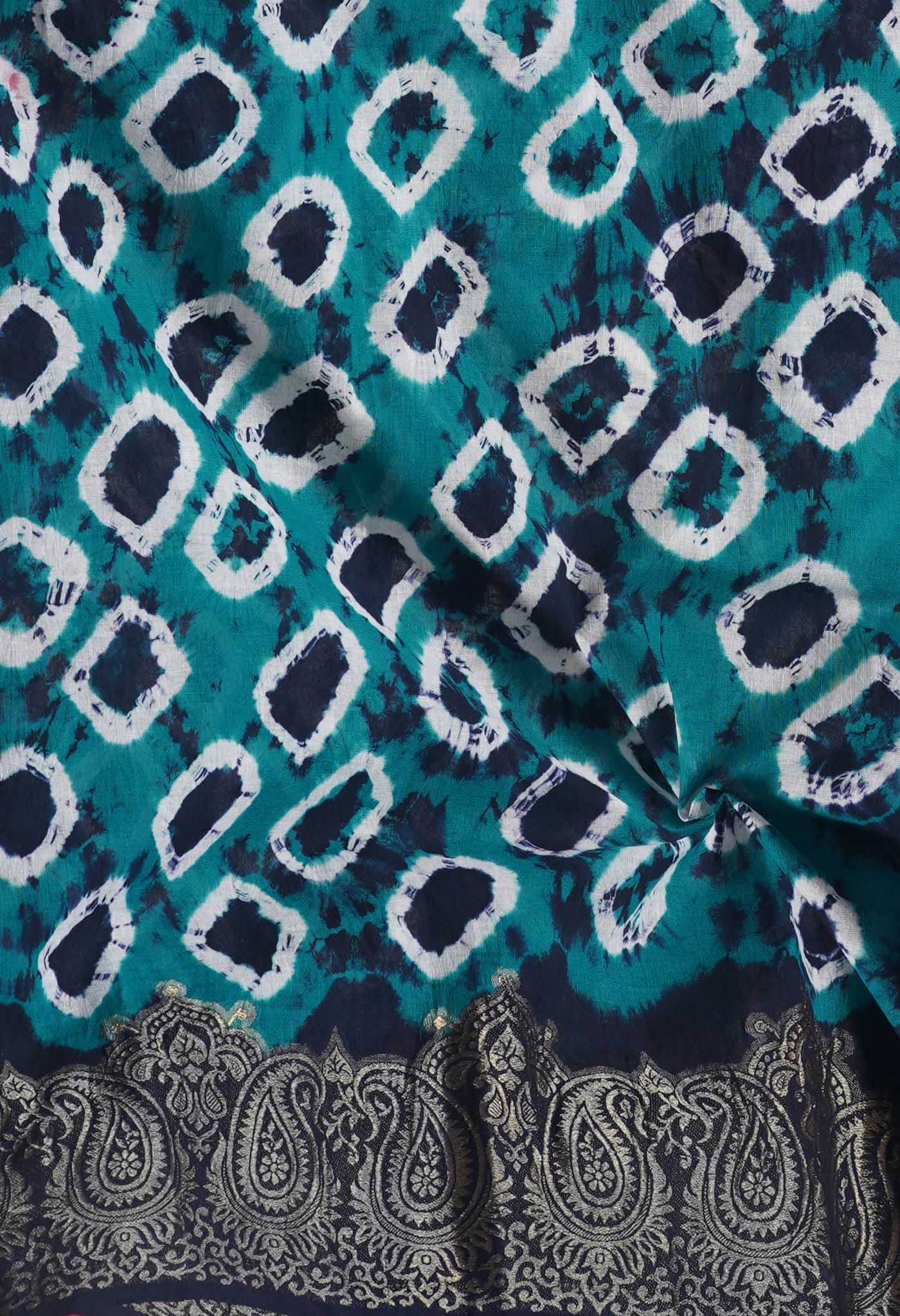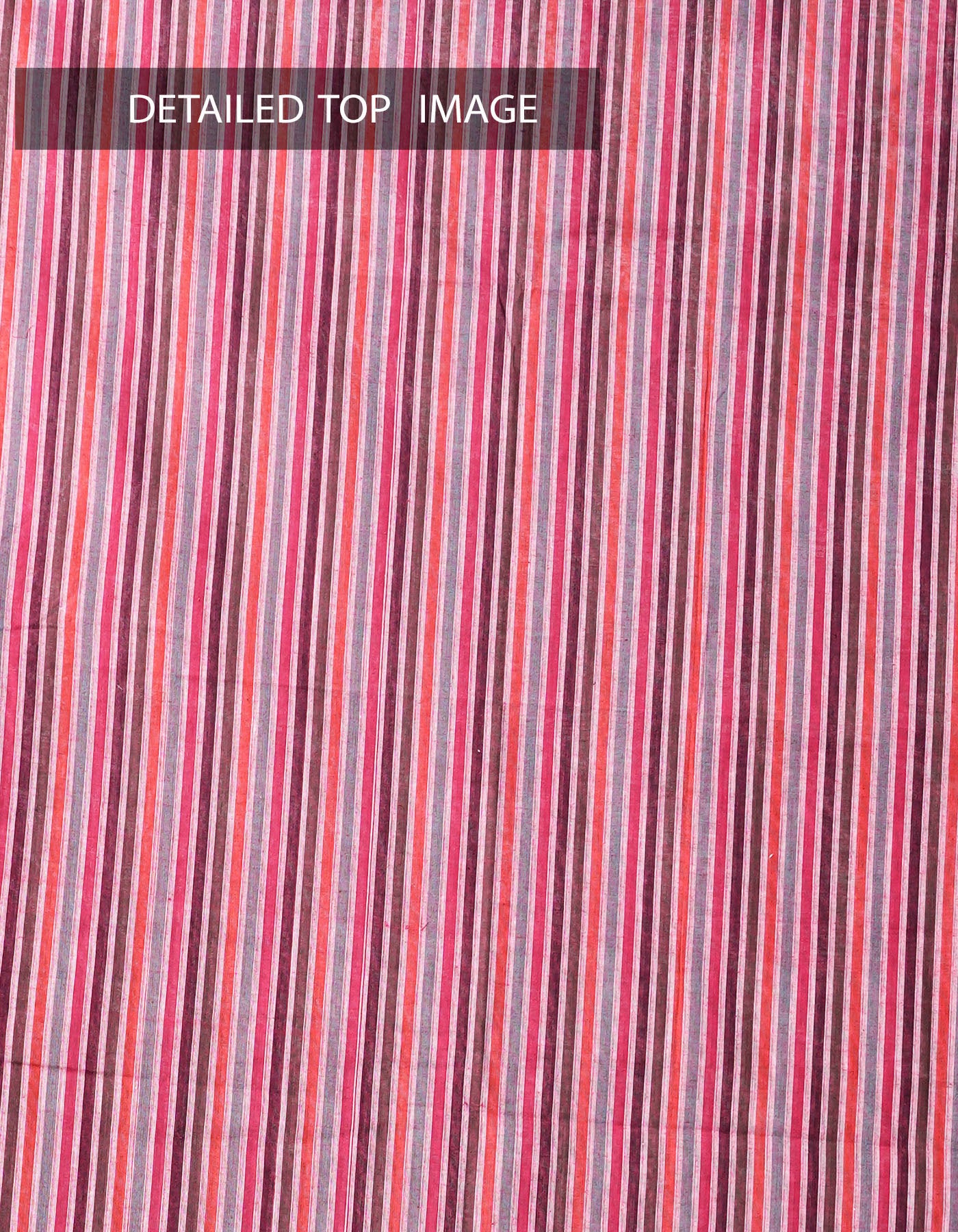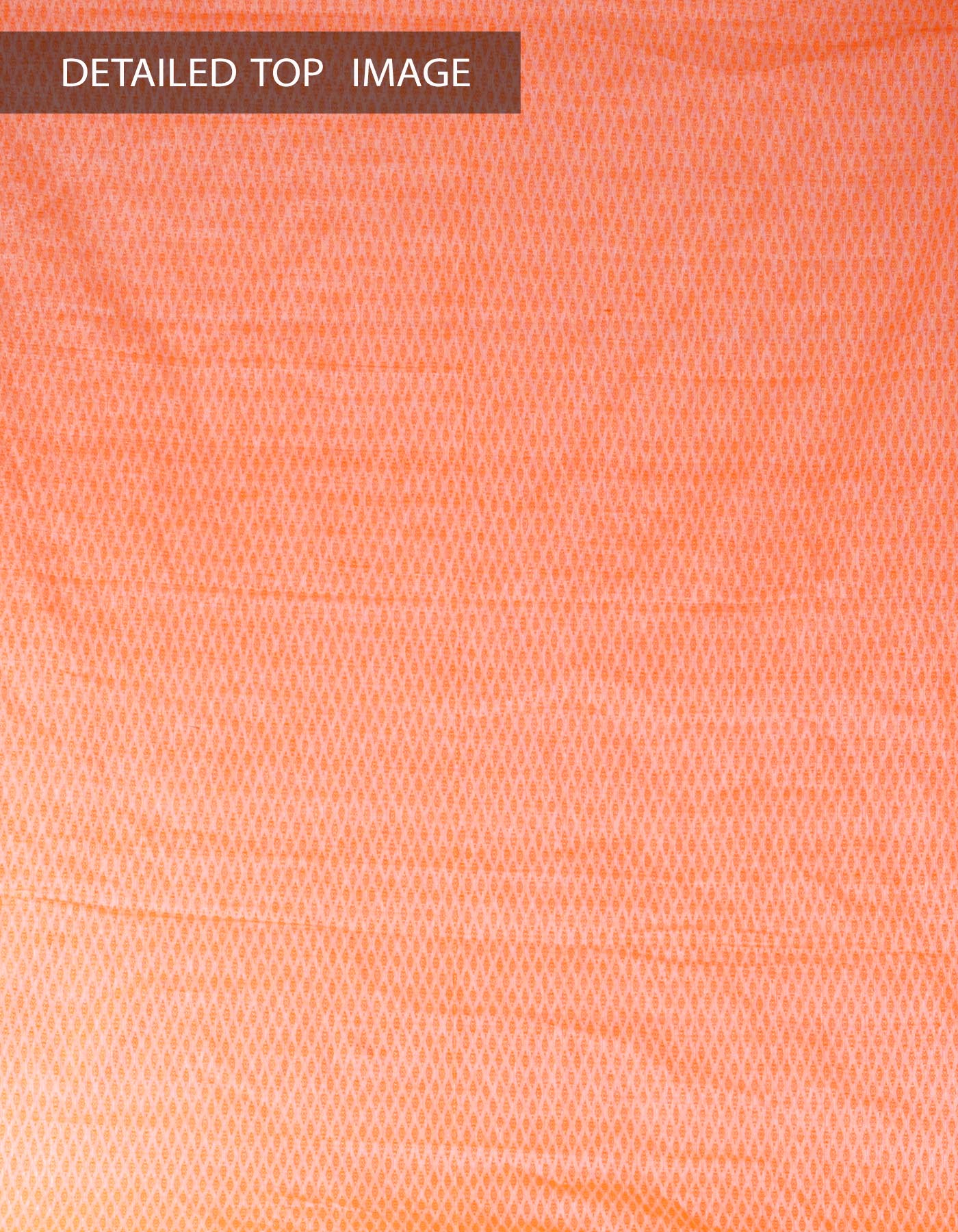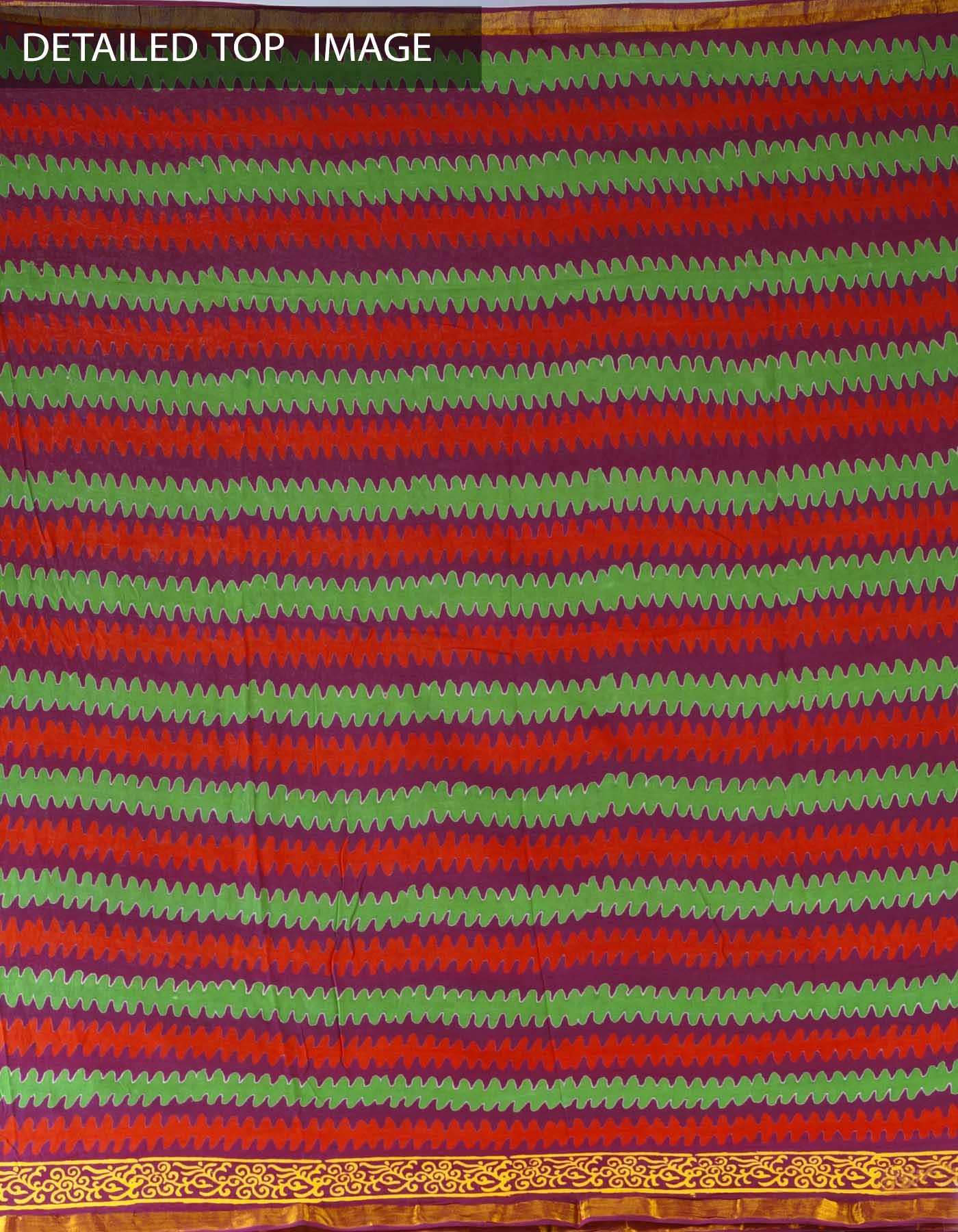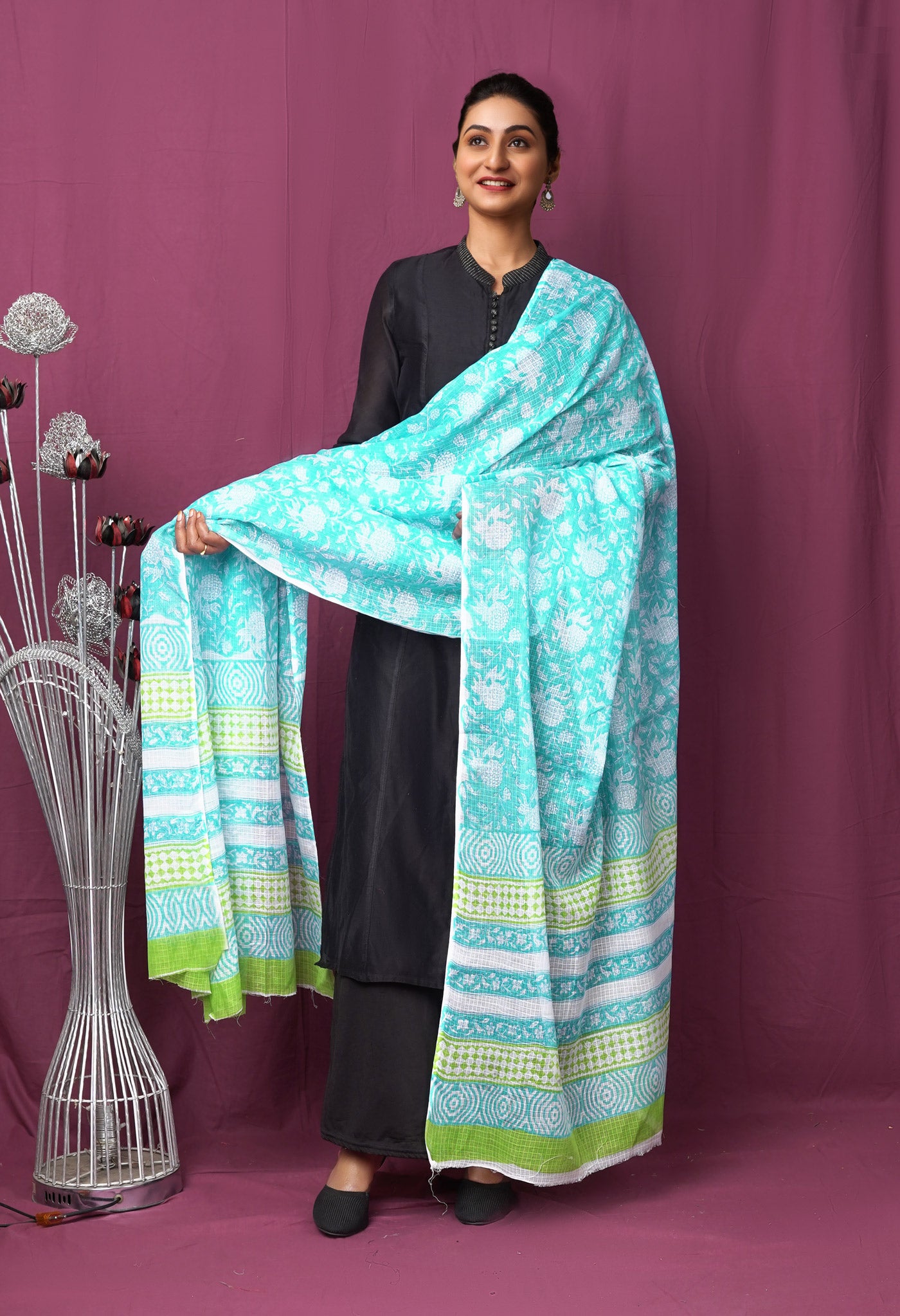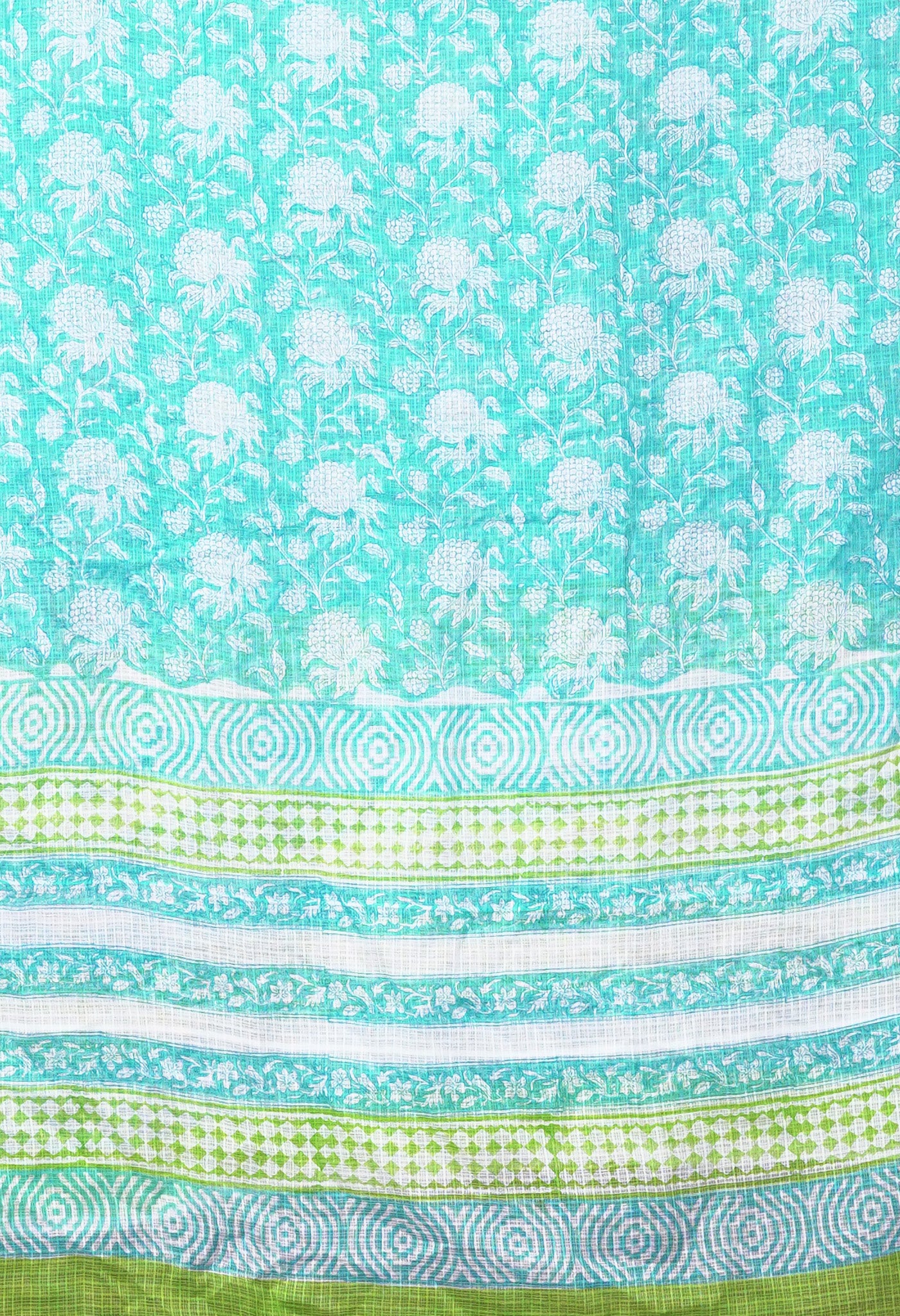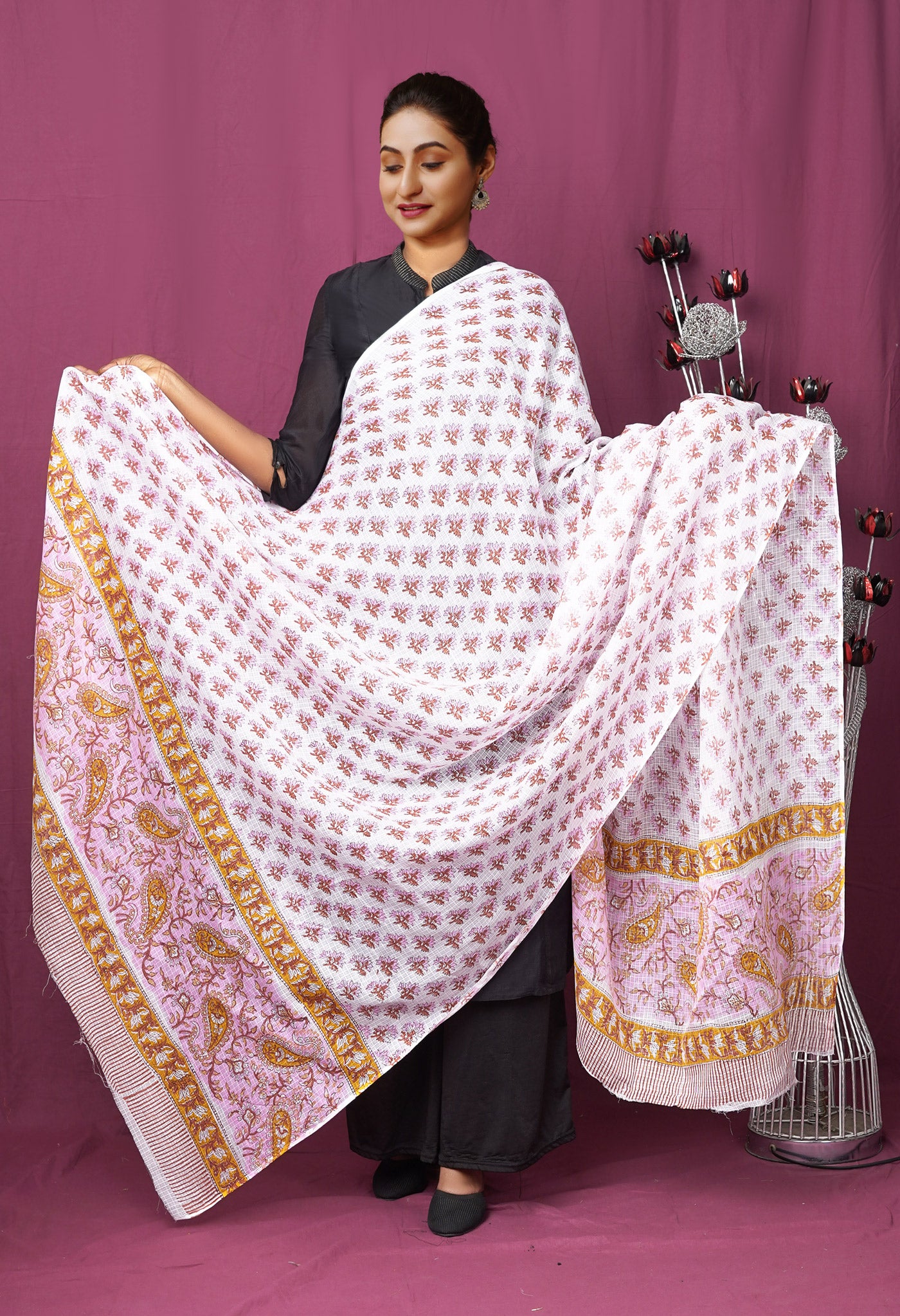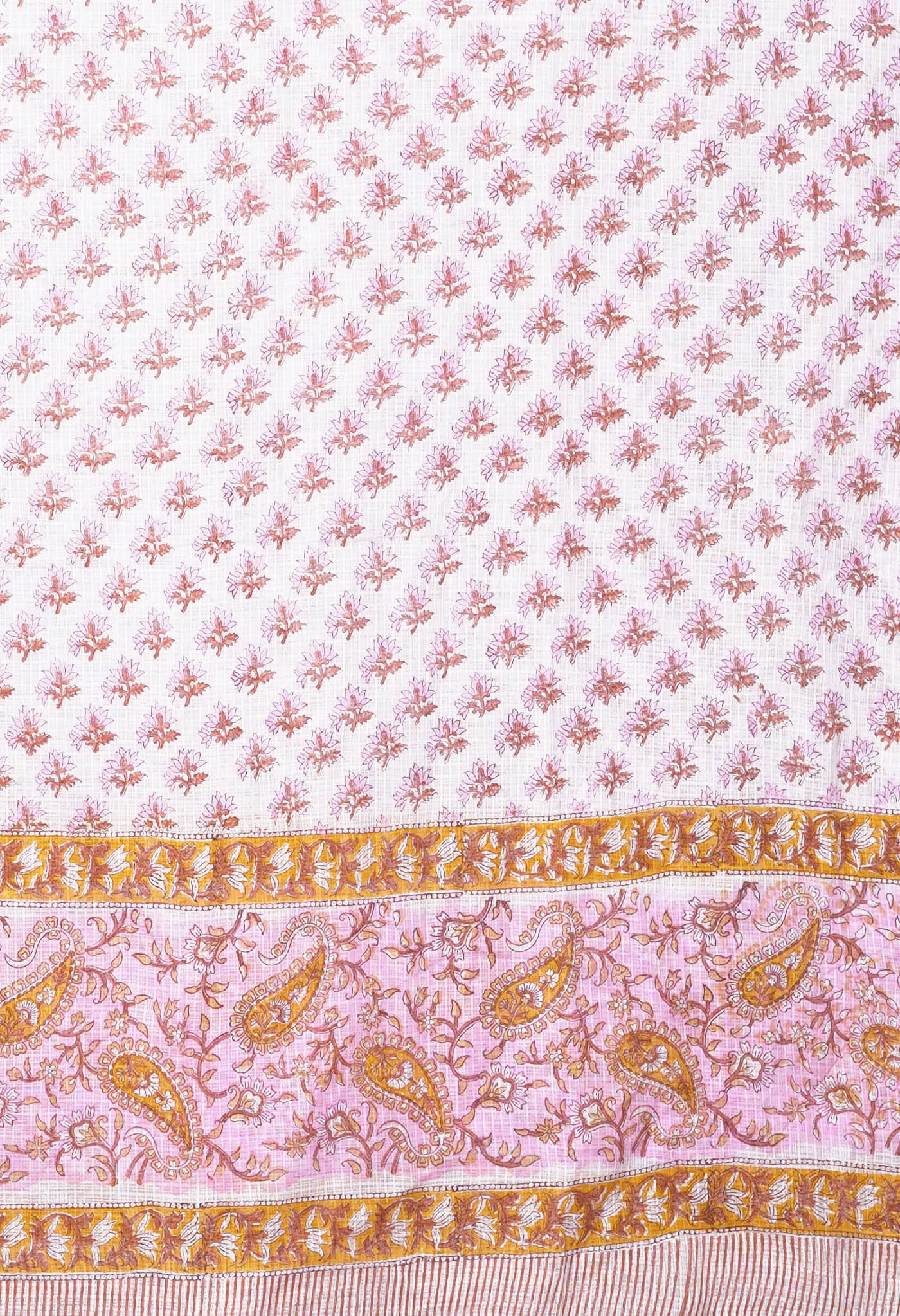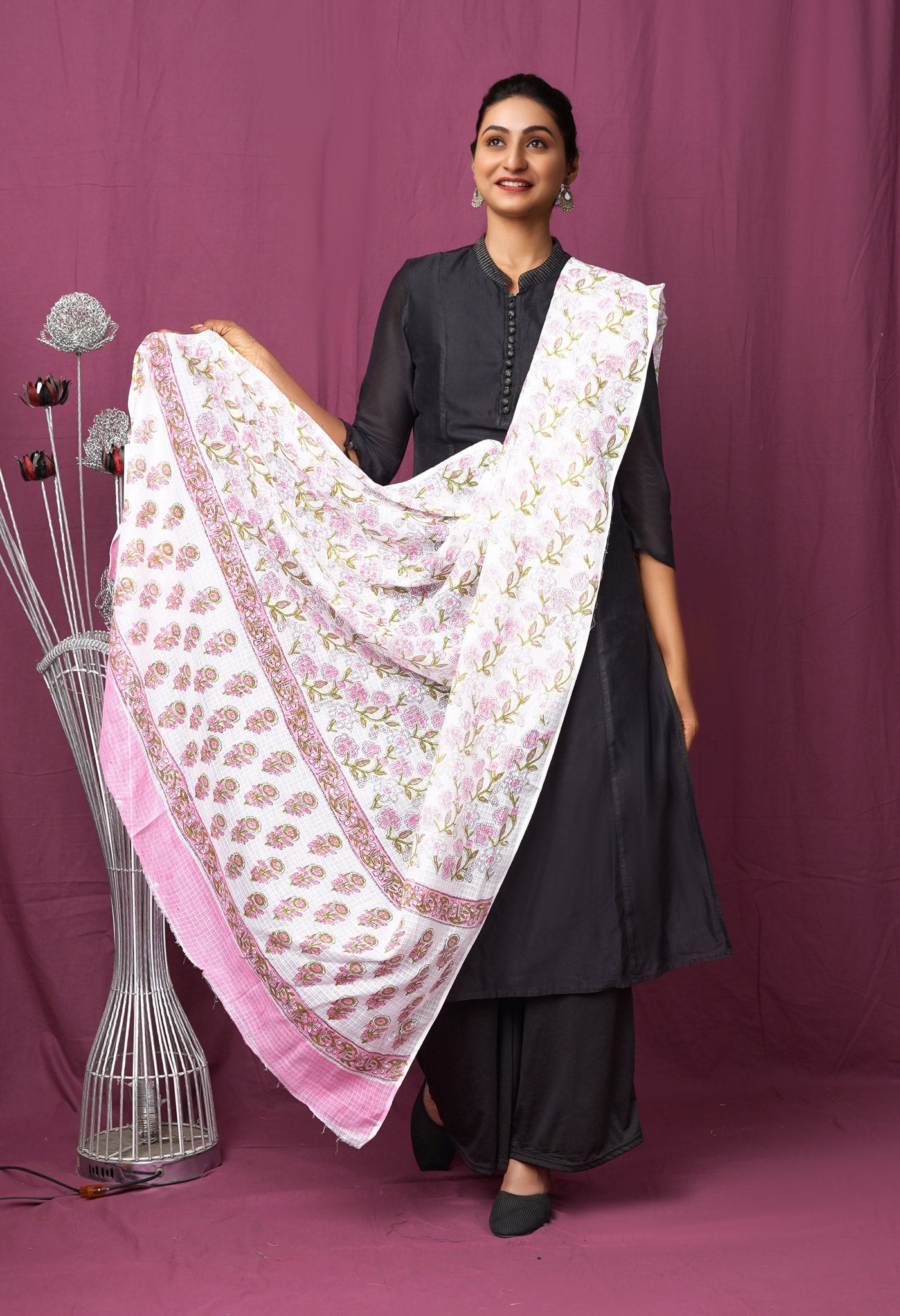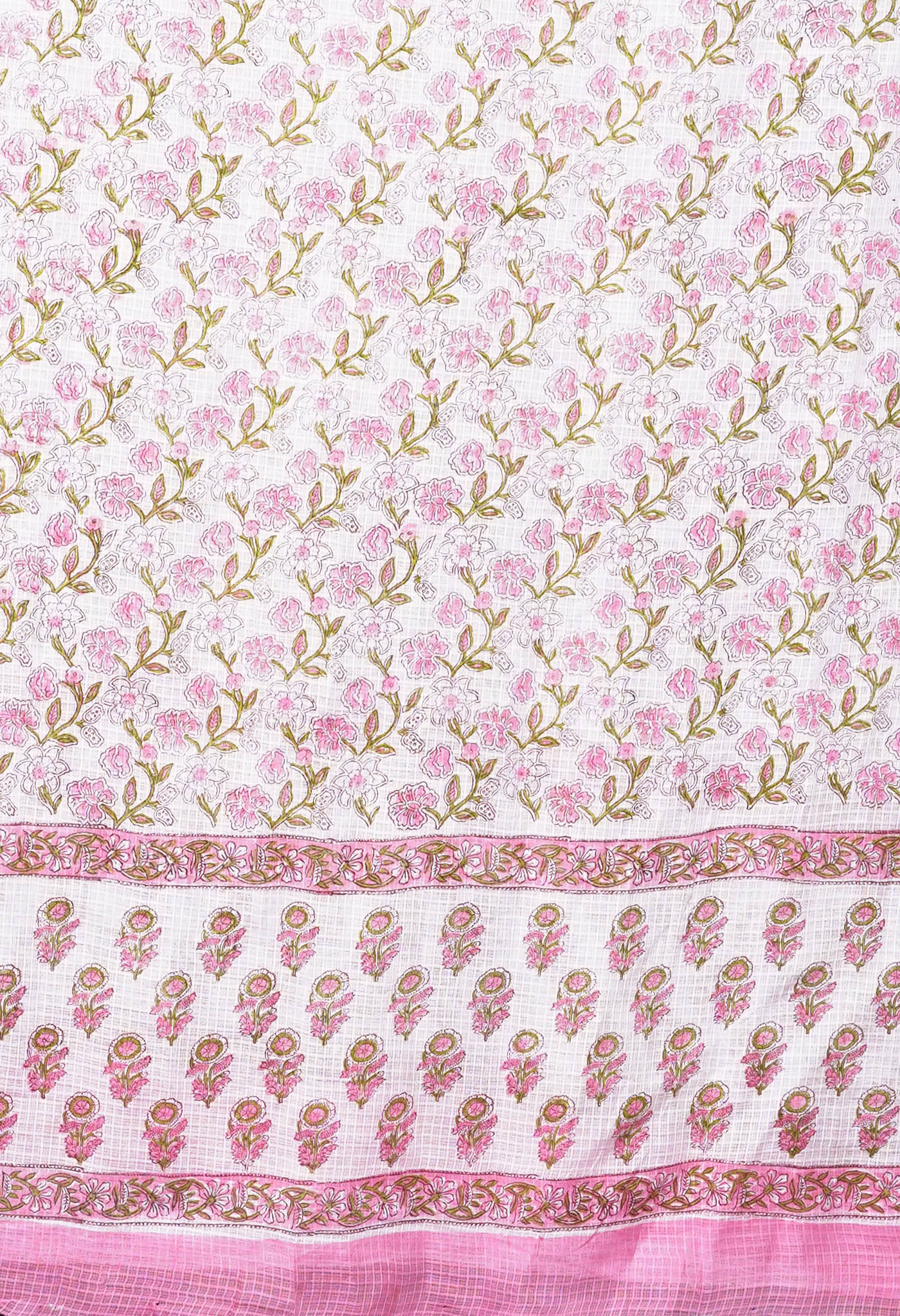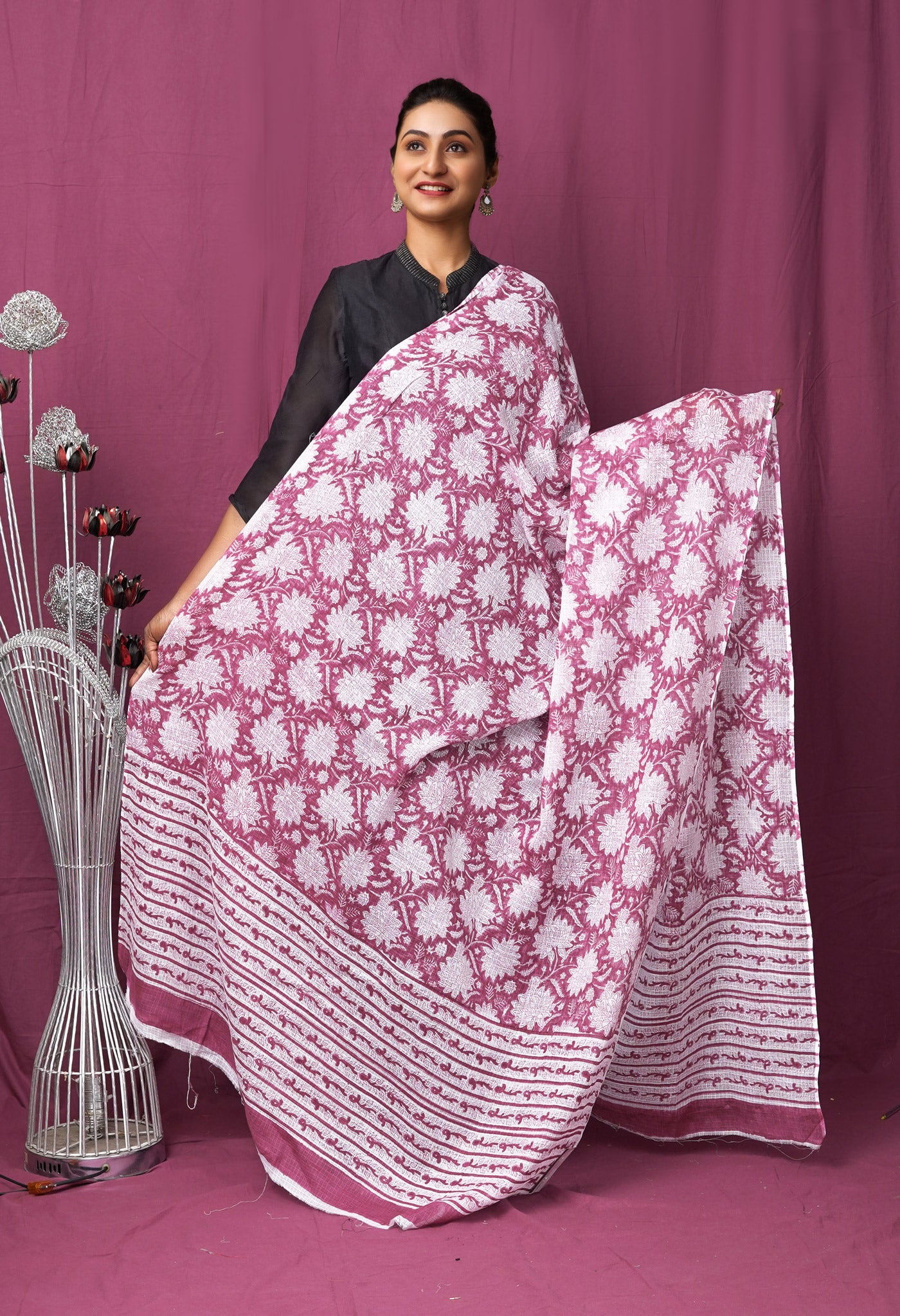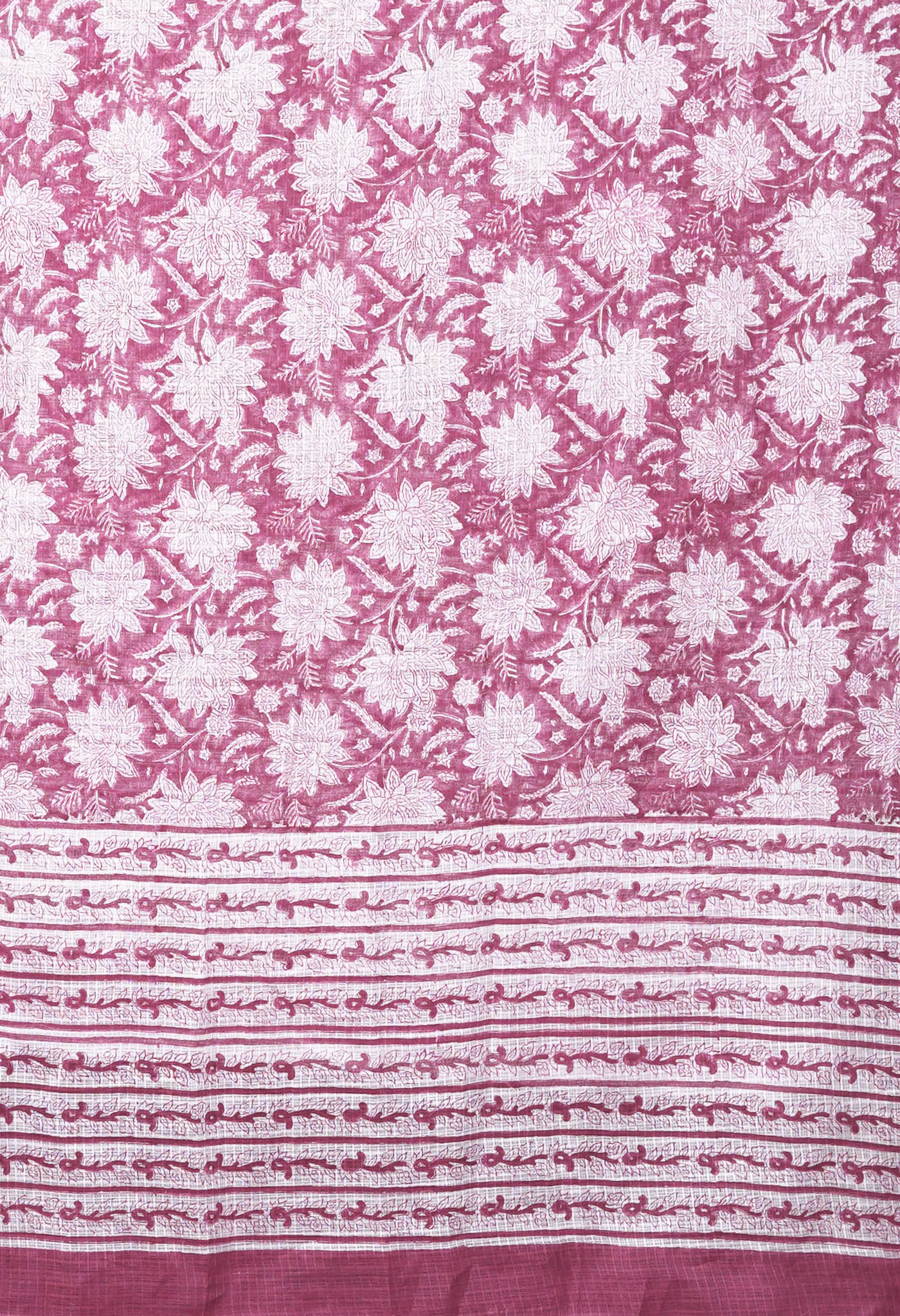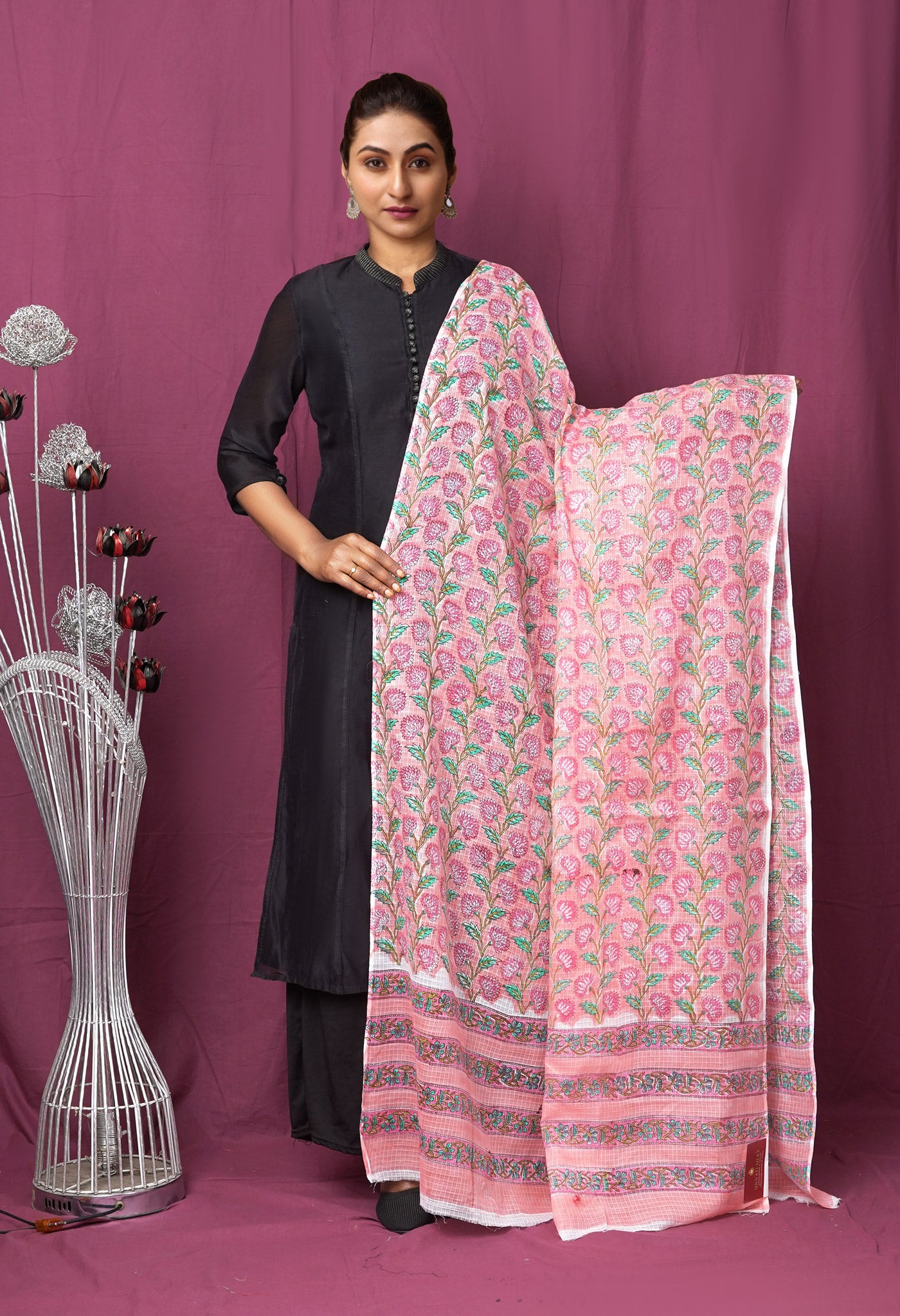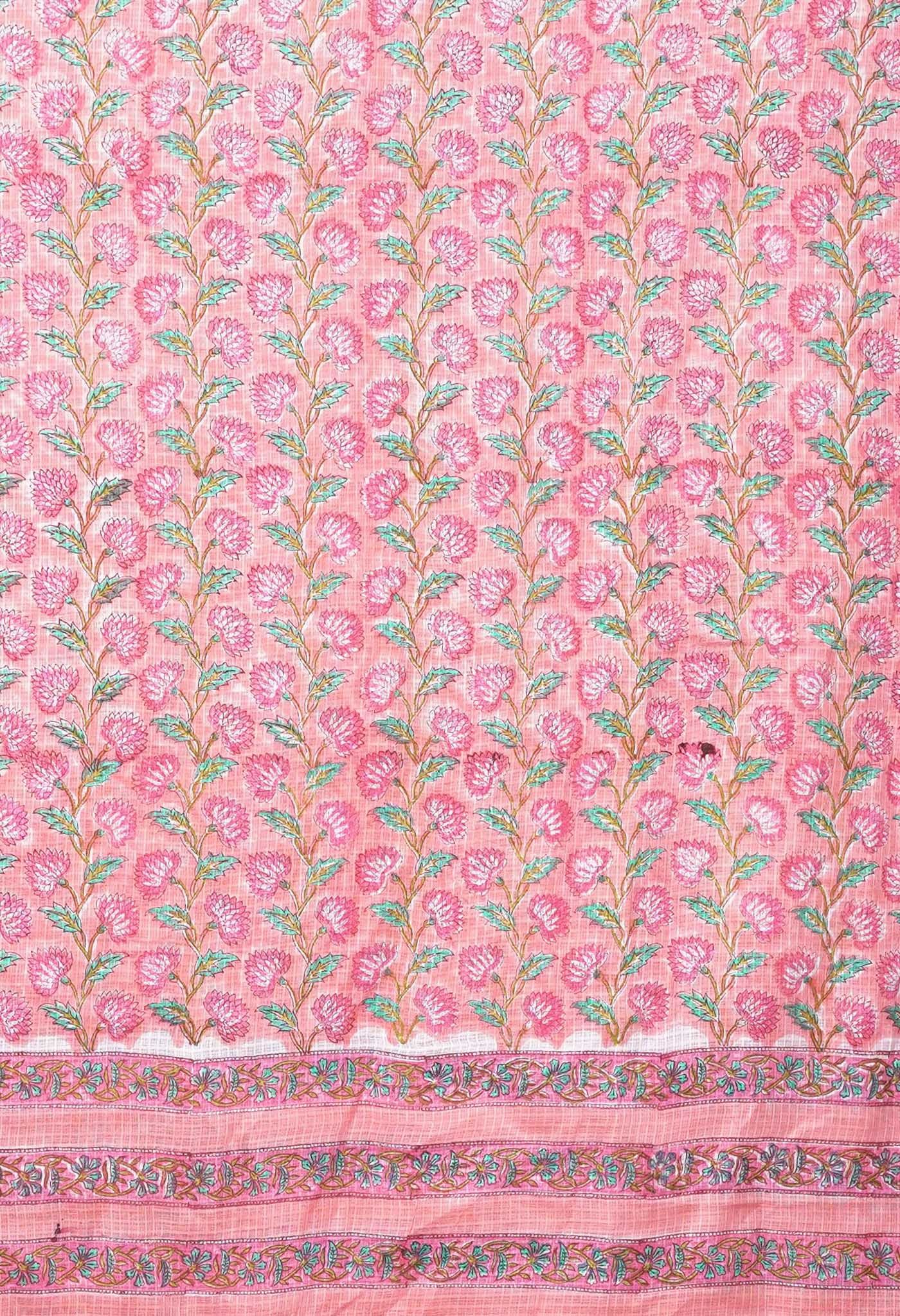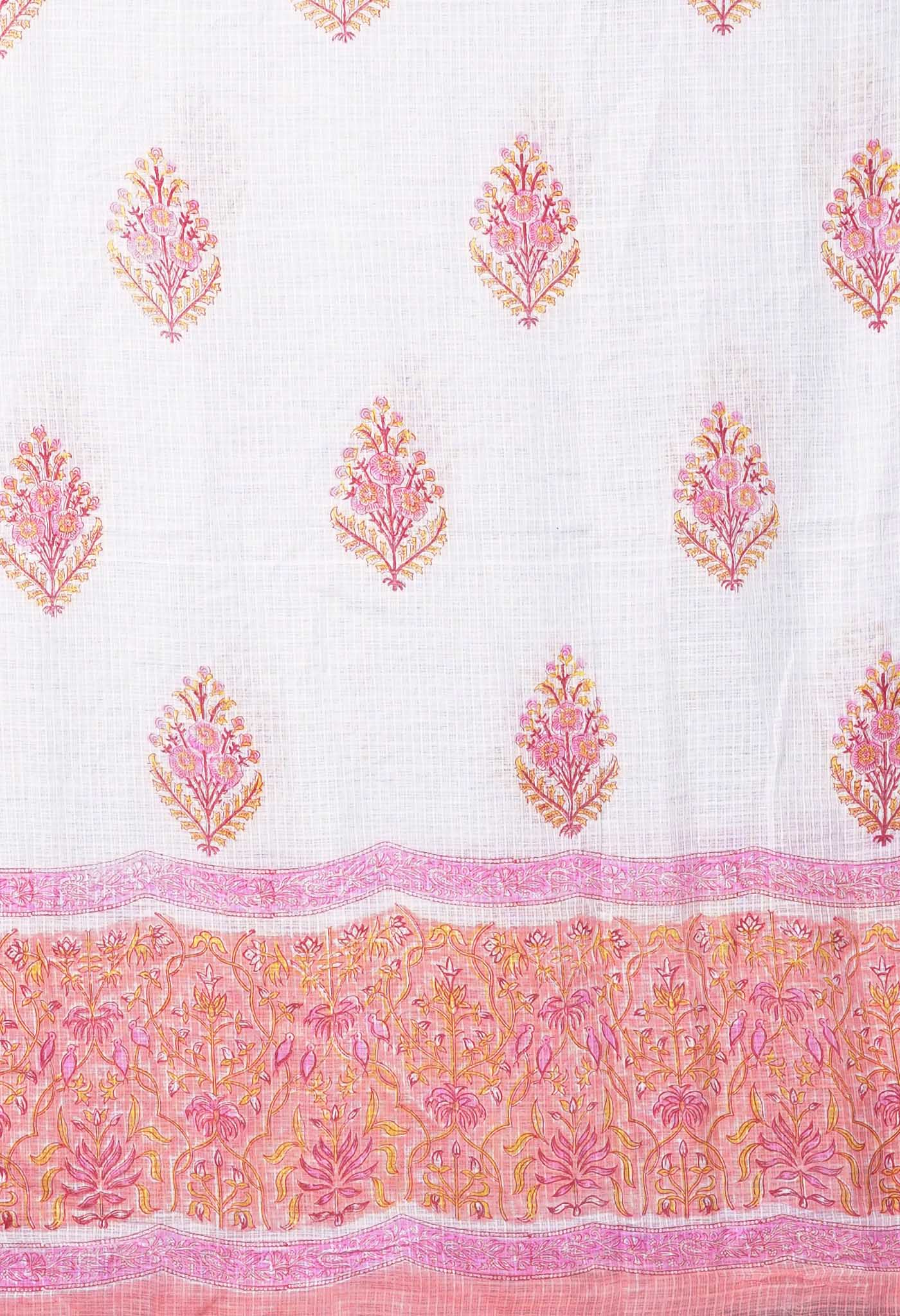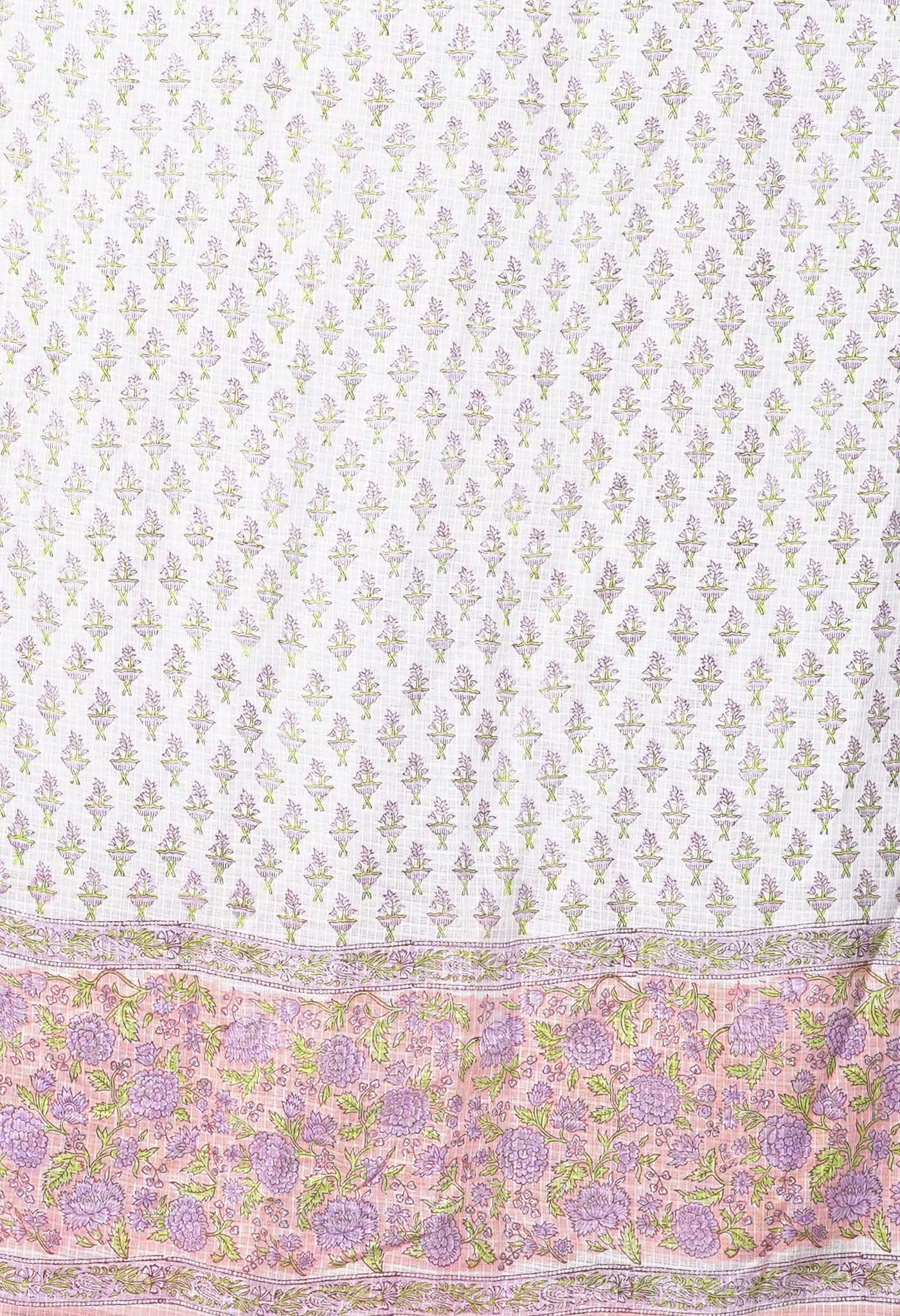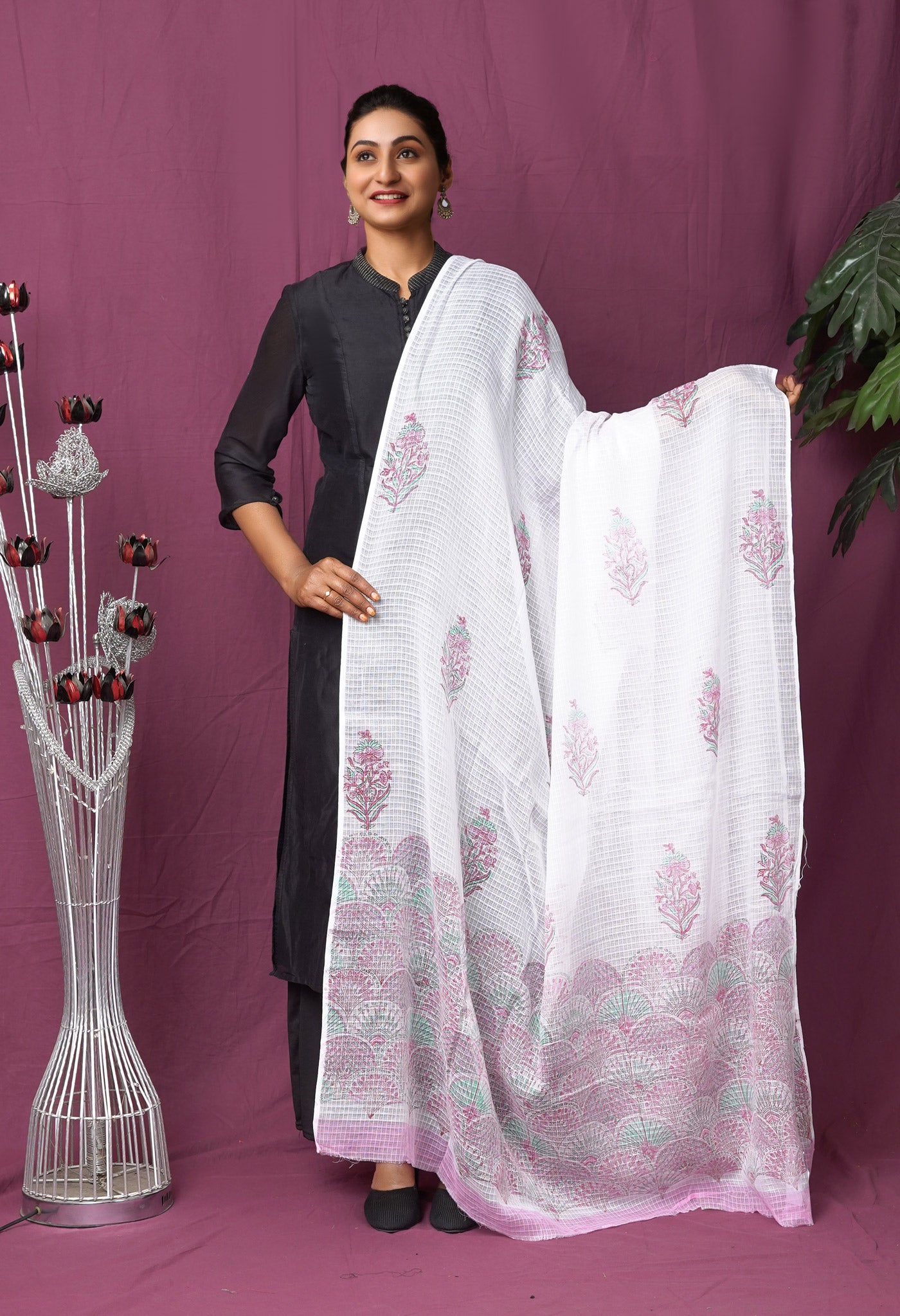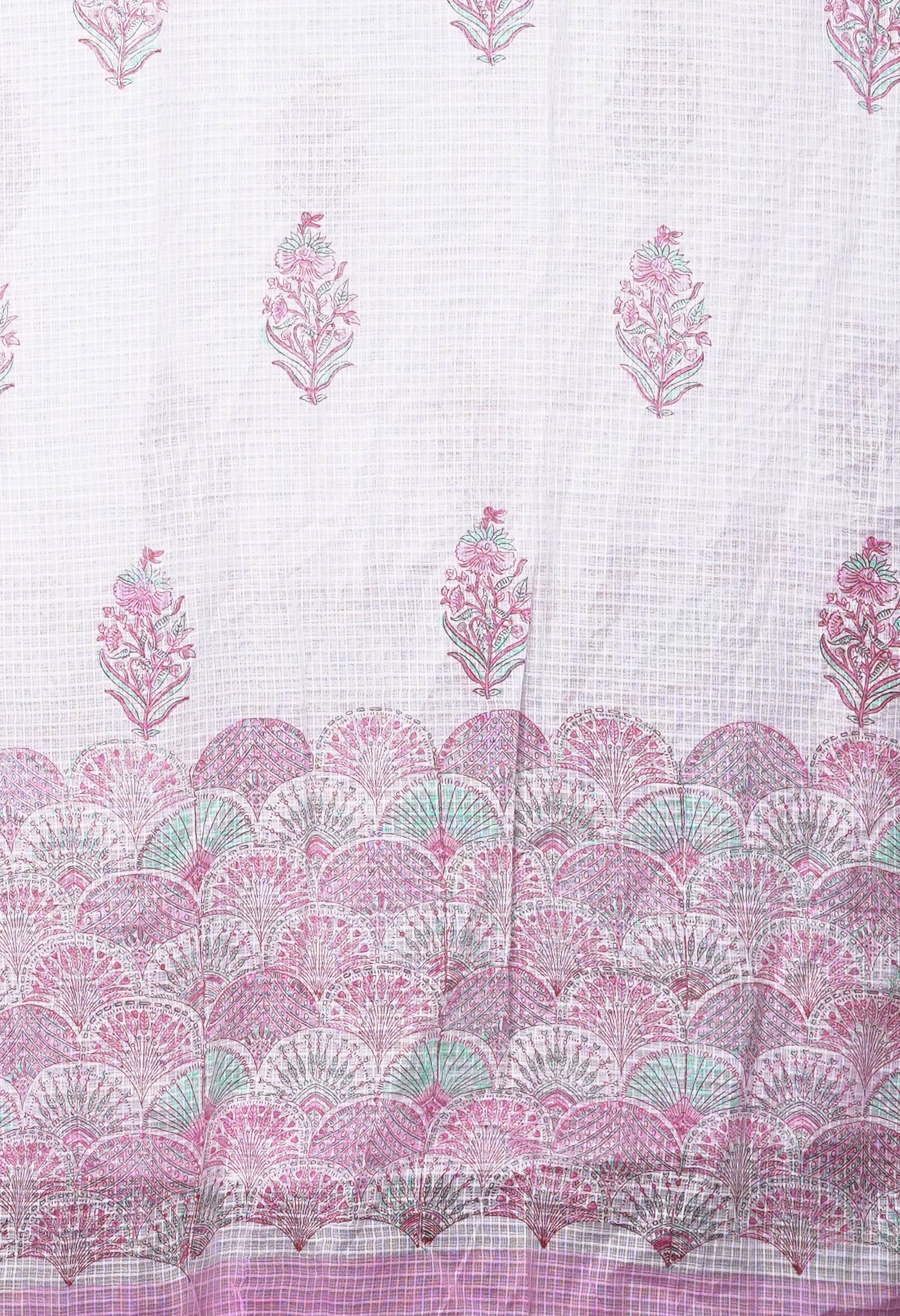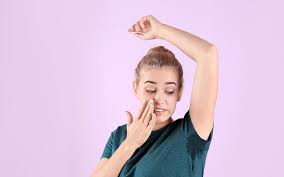
Excessive sweating – getting to avoid clothes soaked in body odour
A physiological necessity of the body to cool it, an undesirable occurrence for social reasons, it gets reaches a stink. Yes, we are talking about sweat!
As long as the clothes we wear are able to absorb the sweat that emanates from the cells, it is fine. It is when the sweat gets bacteria ridden and we get distasteful looks from people around does it need serious attention.

The scientific phenomena of body odour
Body odor is the perceived unpleasant smell, our bodies can give off when bacteria that live on the skin break down sweat into acids. It is also known as B.O., bromhidrosis, osmidrosis, or ozochrotia. This sweat when mixed up with the bacteria present in the body, not only causes the clothes to stain but also creates a foul odour most undesirable.

There are two glands in our body, eccrine and apocrine. Spread all over the body, and being responsible for causing the body to sweat when it gets heated up, they get the sweat to the surface or outer skin and cause it to cool. This then creates two things for the wearer of the sweat soaked clothes. Getting rid of the foul smell that permeates the fabric and stays long after removed from the wearer’s body and also getting the stain to be removed from the clothes.

When a body gives off a scent others may find unpleasant, it is known as body odor. Body odor usually becomes evident if measures are not taken when a human reaches puberty. People who are obese, those who regularly eat spicy foods, as well as individuals with certain medical conditions, such as diabetes, are more susceptible to having body odor.
People who sweat too much, such as those with hyperhidrosis, may also be susceptible tto body odor. However, often the salt level of their sweat is too high for the bacteria to break down. It depends on where the excess sweating is occurring and the type of sweat glands involved.

Sweat itself is virtually odorless to humans. It is the rapid multiplication of bacteria in the presence of sweat and their breaking down of sweat into acids that eventually causes the unpleasant smell.
So if you do not wish to be in that lot that not only gets a nickname for body odour but also people find ways to avoid you, then here are tips that could help.

Getting the sweat out of your clothes
- One of the first things one can start with is, avoid keeping sweaty clothes too much in the laundry bin. For that one must decide to immediately soak and then wash the sweaty clothes the minute you are home.
- A mild soak for some time before giving it a run in the washing machine would be a good way to begin and helps many a time. In this manner, some fabrics which have a tendency to remain smelly even after a wash can be avoided. More the smelly clothes remain unwashed more the smell will permeate into the fabric.
- Warm water is a very good way of getting off smells. Don’t be hasty and soak your sweaty clothes before checking on the label the maximum that the particular fabric can tolerate without getting adversely affected. Labels help in knowing temperatures. The net also provides information about these things. E.g. Polyester is easily affected by hot water, wool shrinks.
- Soaking done in a detergent mixed correctly in water is most helpful. For strong smells, a soak of 30 to 45 minutes would be nice before washing.
- White vinegar has a strong smell and is also known to have the power to remove stains. In a bucket of water put about two or three spoons of vinegar and soak the clothes in them. After a good half hour soak put the clothes through the regular wash cycle.

In fact if there are clothes which had been washed earlier but still carry traces of foul odour, could be given the vinegar treatment.
- Beware of Overloading. A fully loaded or overloaded washing machine does not do justice to your clothes. Movement is slow or sluggish, and the clothes would not be washed properly causing the sweat and odour to remain. If you were to load it just three fourths and run that extra rinse cycle, the job would be done.
- Never leave washed laundry in the washing machine. It should get the benefit of fresh air so that the good laundered smell would prevail and remain for quite some time. While the dryer has to be used at night, good sunshine is best during the day.
- While this serves for the routinely smelly clothes from normal wear, there are some fabrics which do not let the smell they catch on go easily. People not very convinced with the wash method have preferred to stick to the old prescribed Baking Soda method.

Make a thick paste of baking soda with water, spread it to the sweaty places. Leave on for about 15 minutes. Then do the regular washing.
- Others have tried crushed aspirin tablets in place of baking soda and been satisfied. Borax powder with a drop of lemon grass essential oil is also sworn to have worked for some.
- If one is not scared of fabric texture being damaged, fabric brush could be used in the affected parts.
For that matter, why not try the simple old method of boiling clothes and then use a fabric conditioner later?

And what does one do for the stains? Especially those who sweat profusely?
- Perspiration or yellow stains are a direct result of sweat. One could use ammonia to remove them. Mix a tbsp of ammonia in a cup of water and apply to the stained areas.
- And while this helps to an extent, you have advice like prevention is better than cure for which it is suggested that those who sweat heavily should wear dark clothing since darker shades show less.
- When exercising, the time when sweating is heaviest, wear typical work-out clothes that absorb fast like cotton, linen etc.
- And of course the antiperspirant deodorant could be sprayed internally just before physical activity to offset the smell of sweat.

